Free close-up photography Image Generator
Just imagine, and we'll instantly return a variety of personalized close-up photography images—designed to bring your creativity to life!
- 4:3
- 3:4
- 1:1

image.state.default
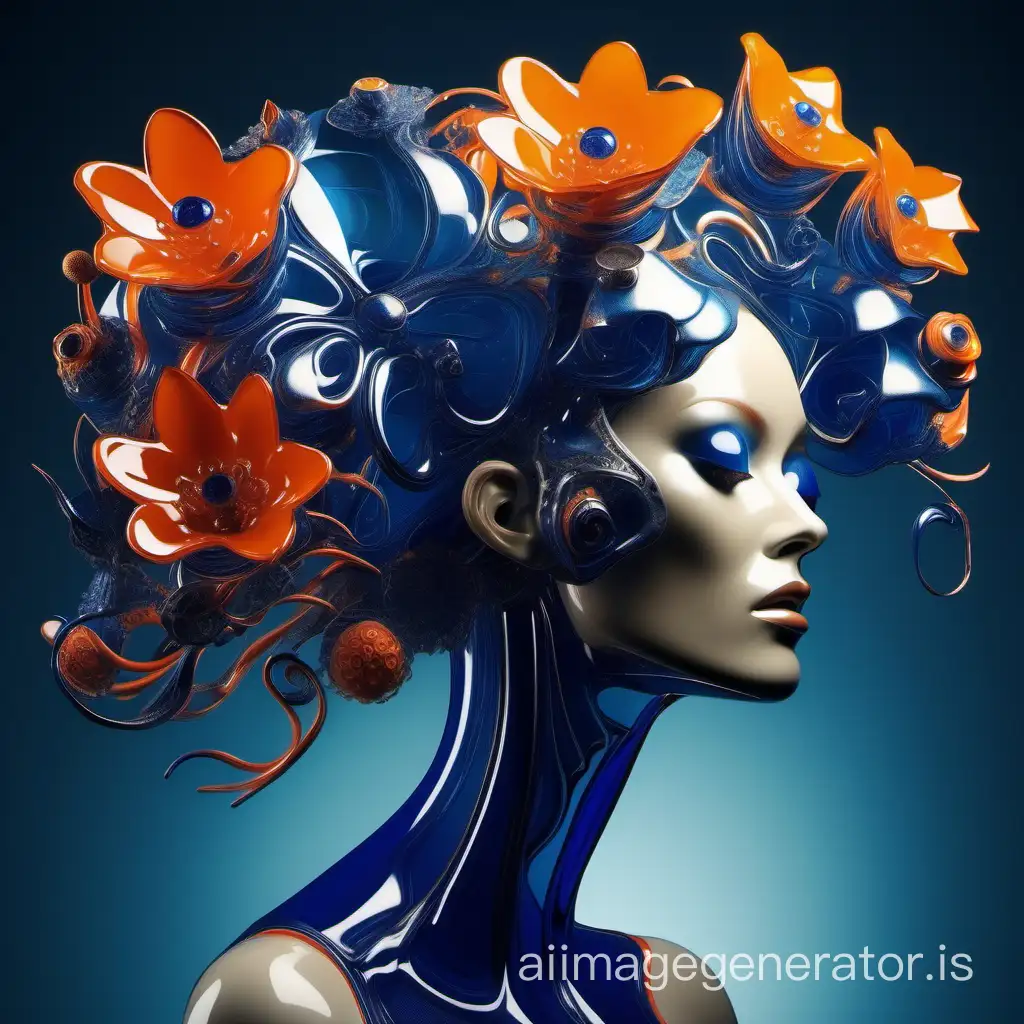
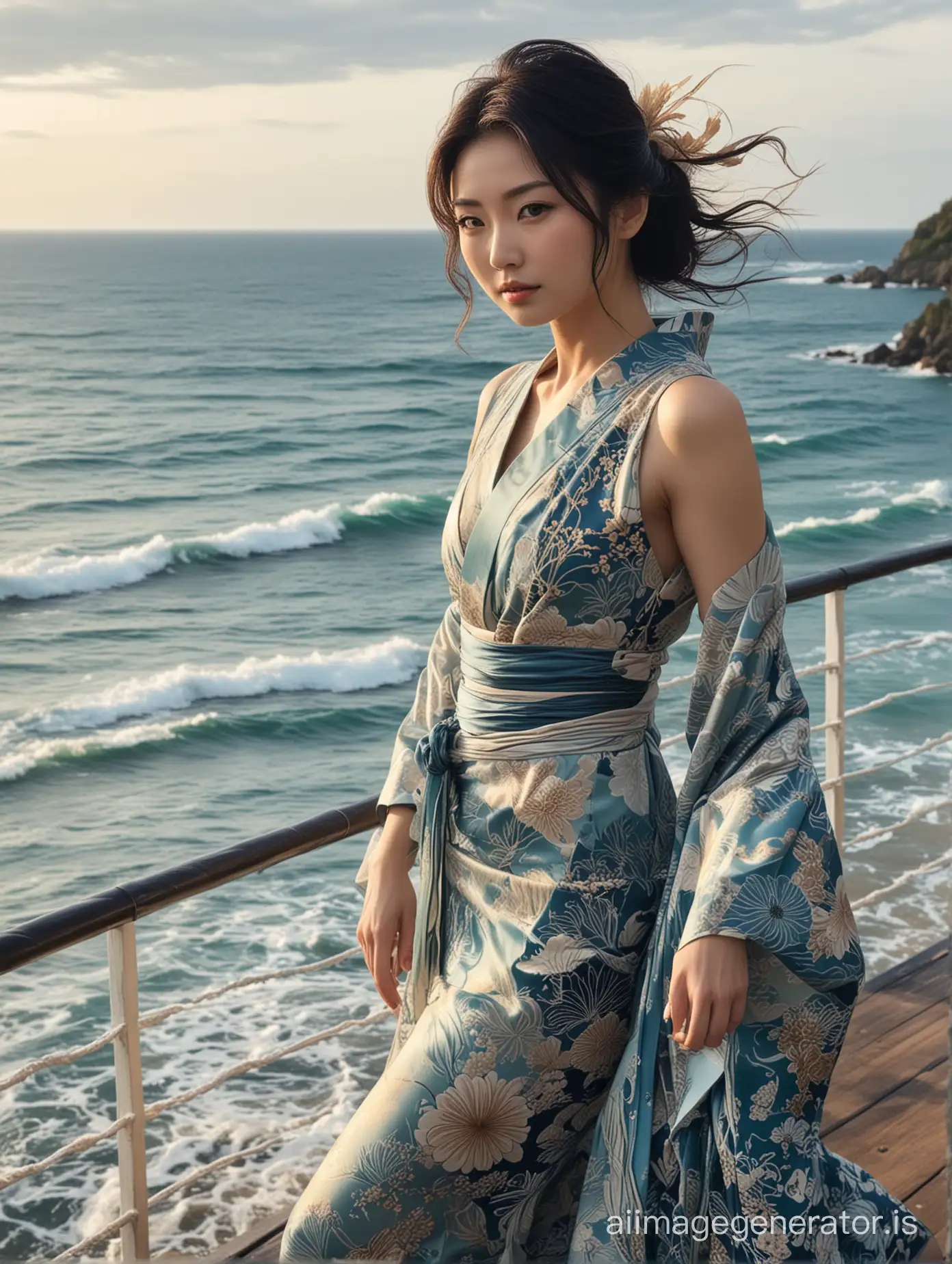
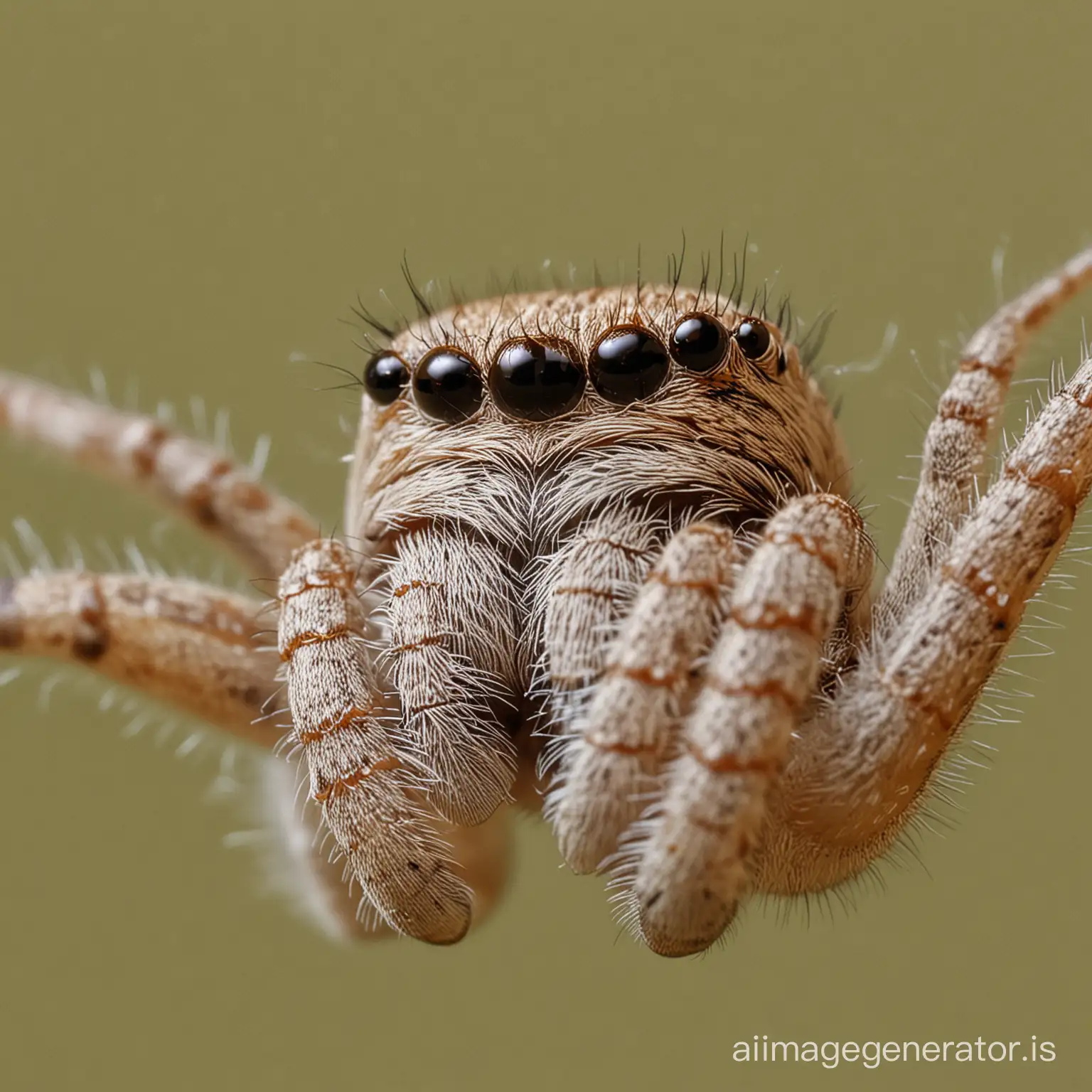
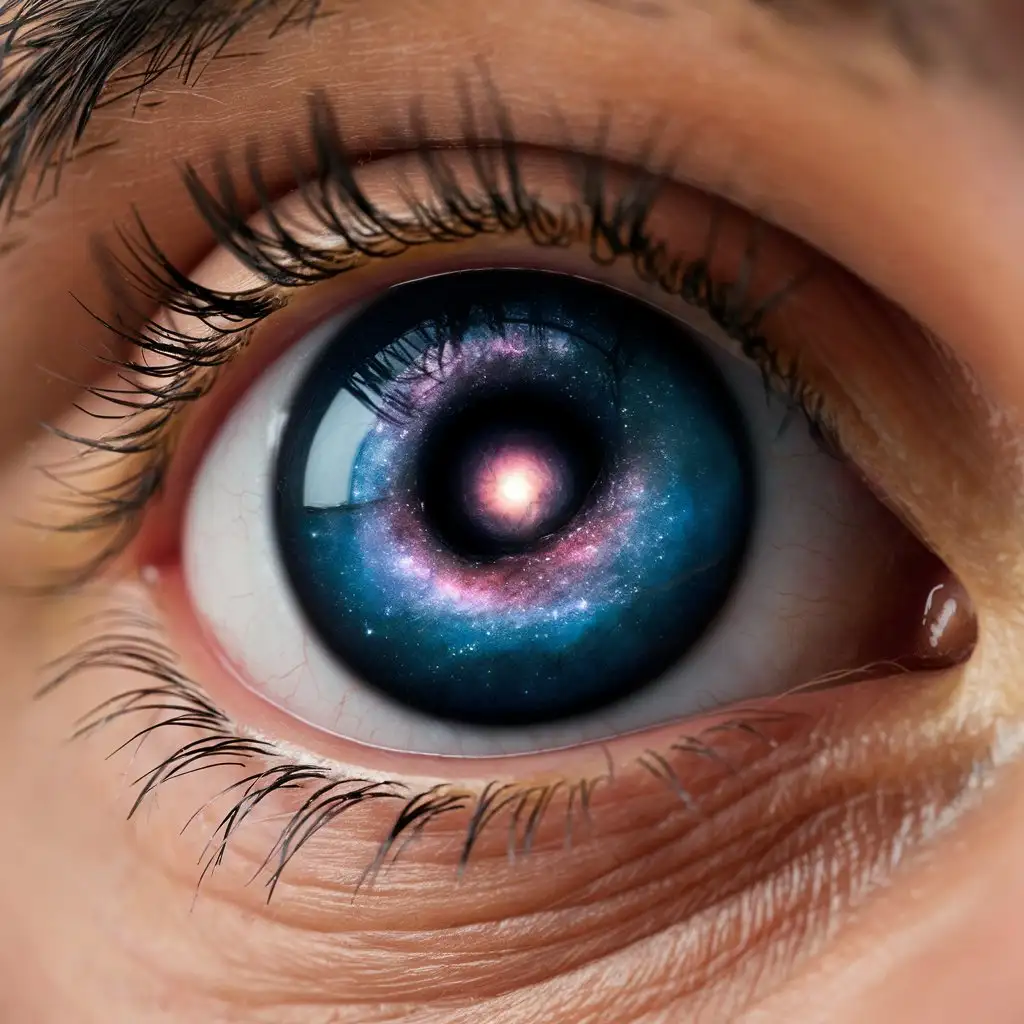
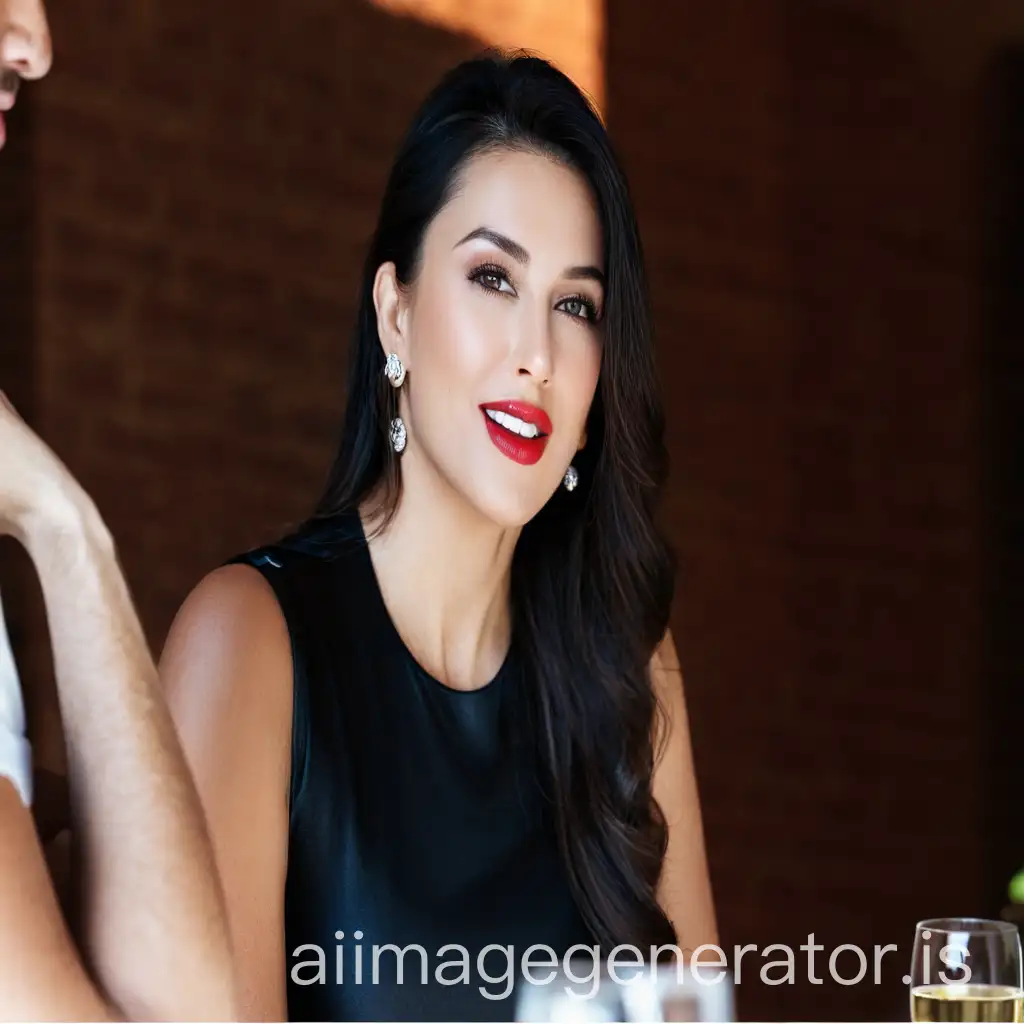

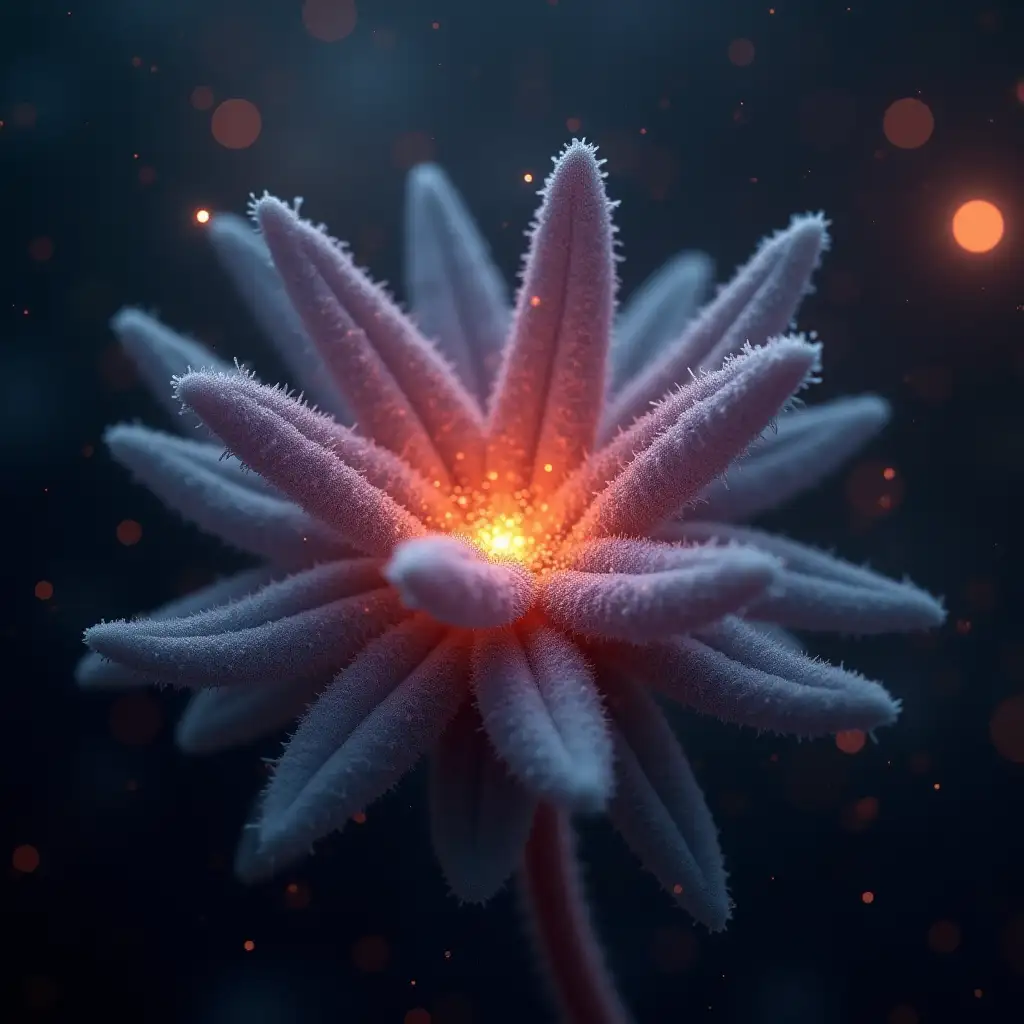
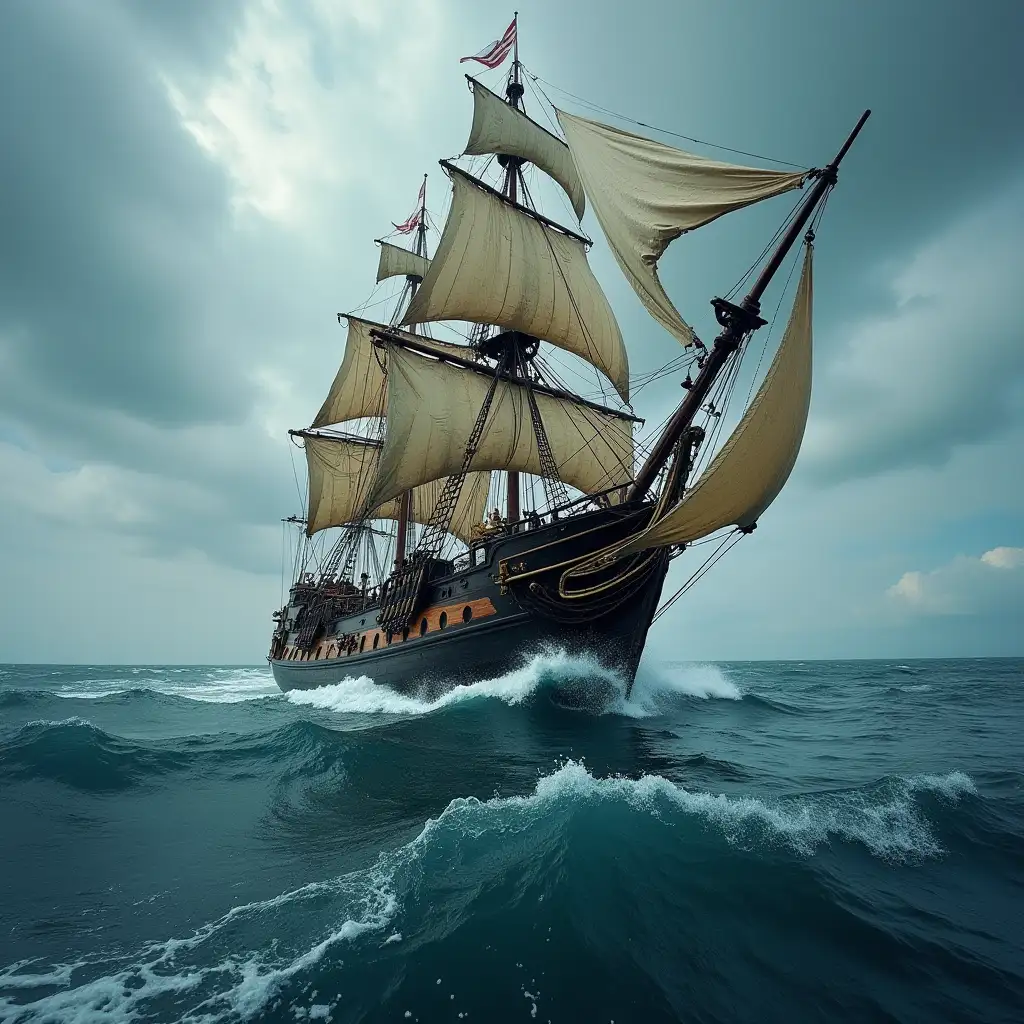

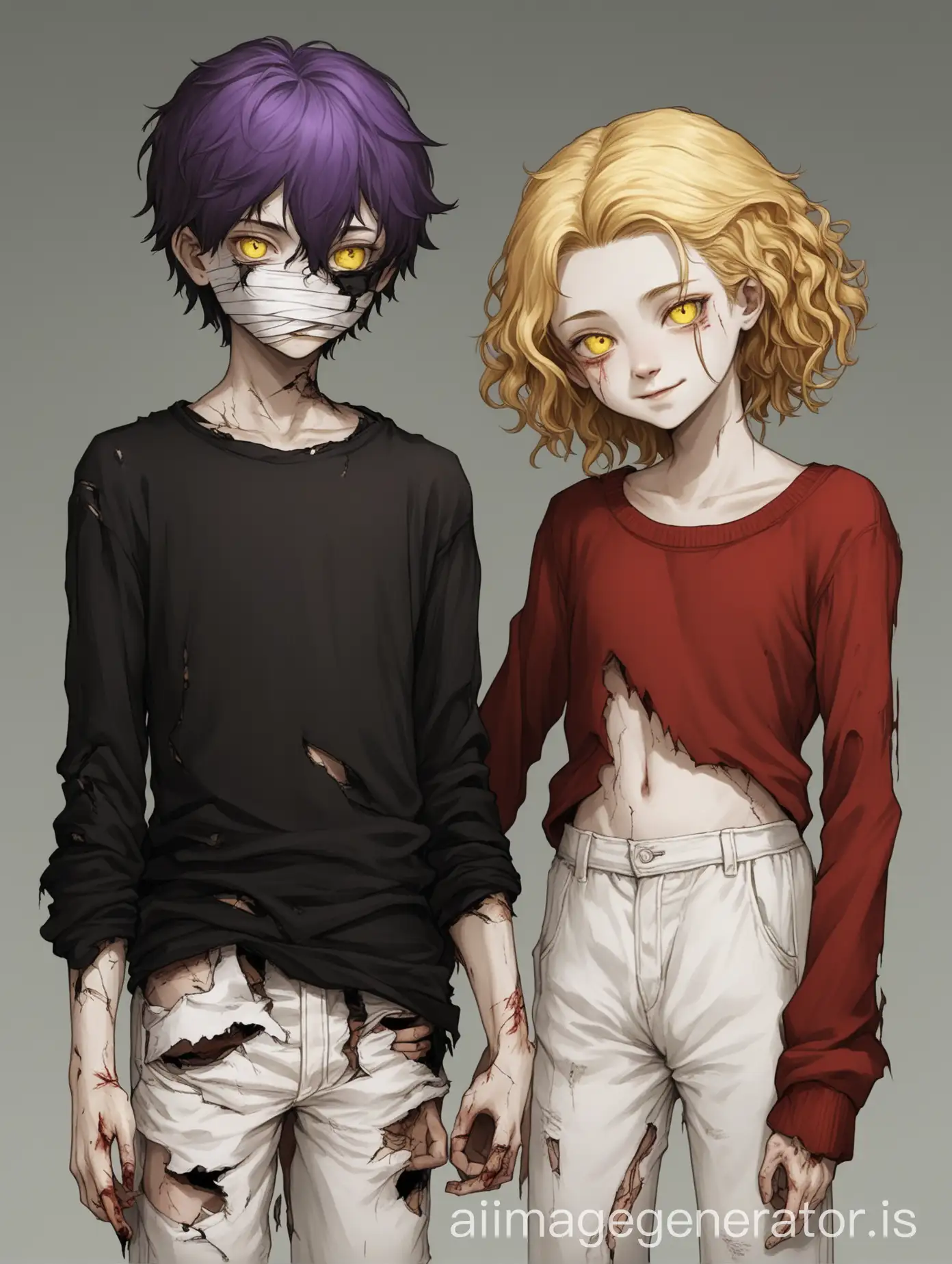
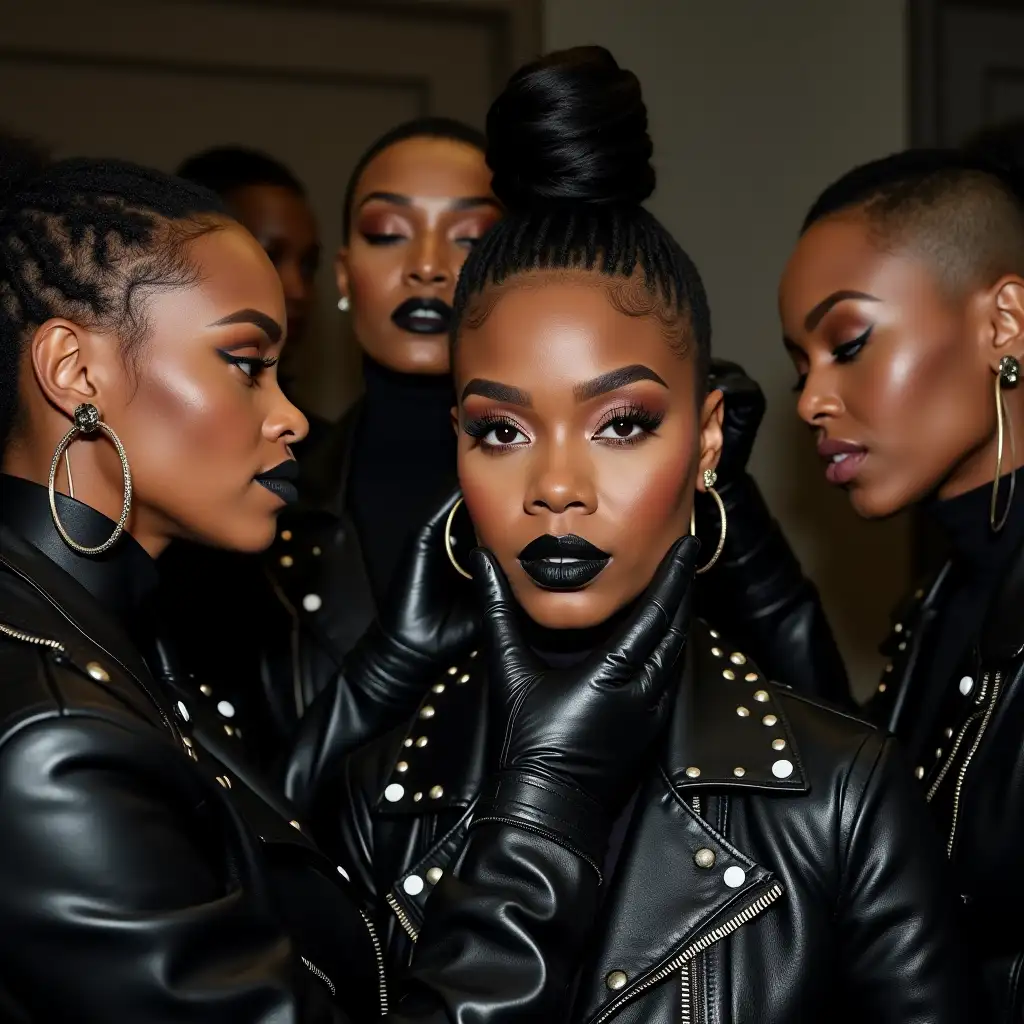

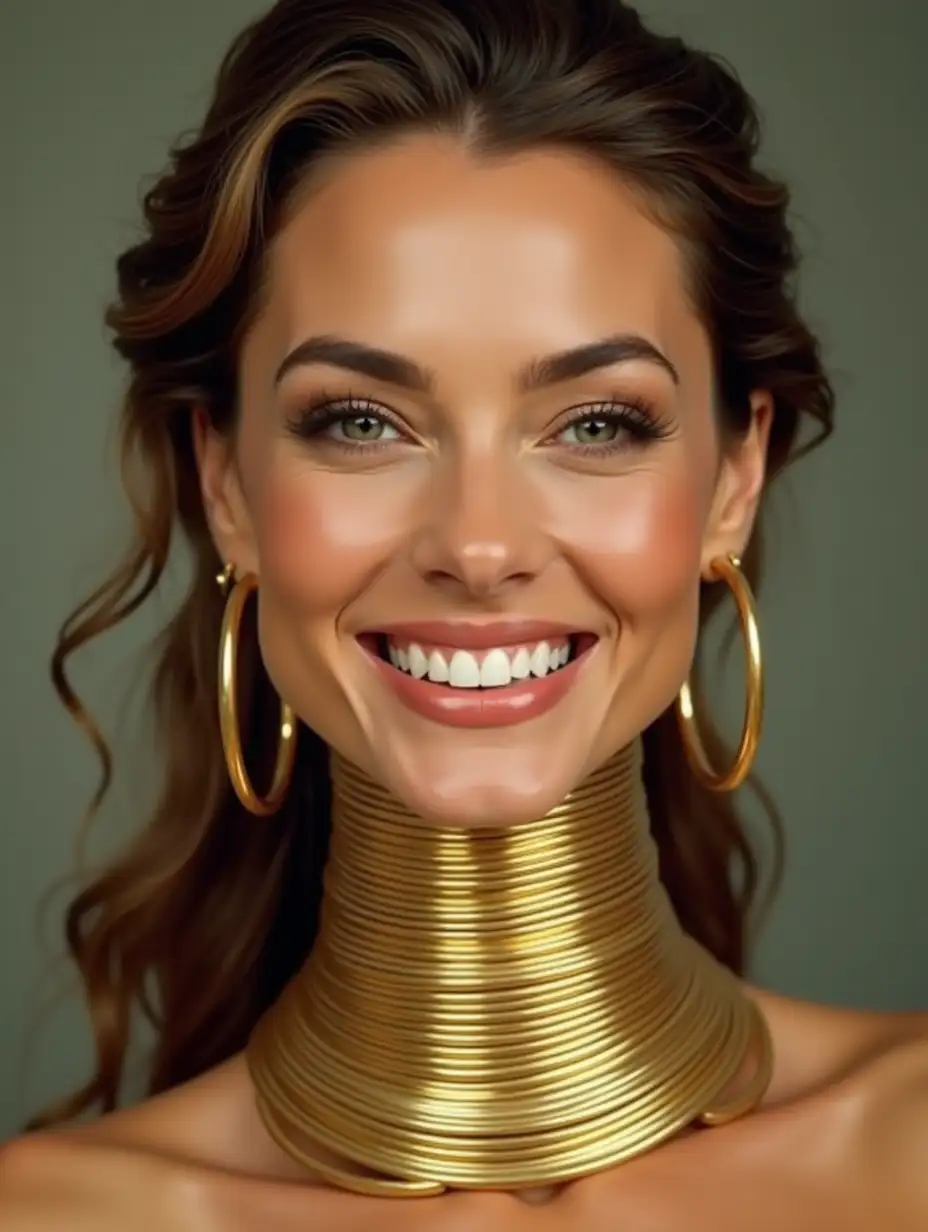
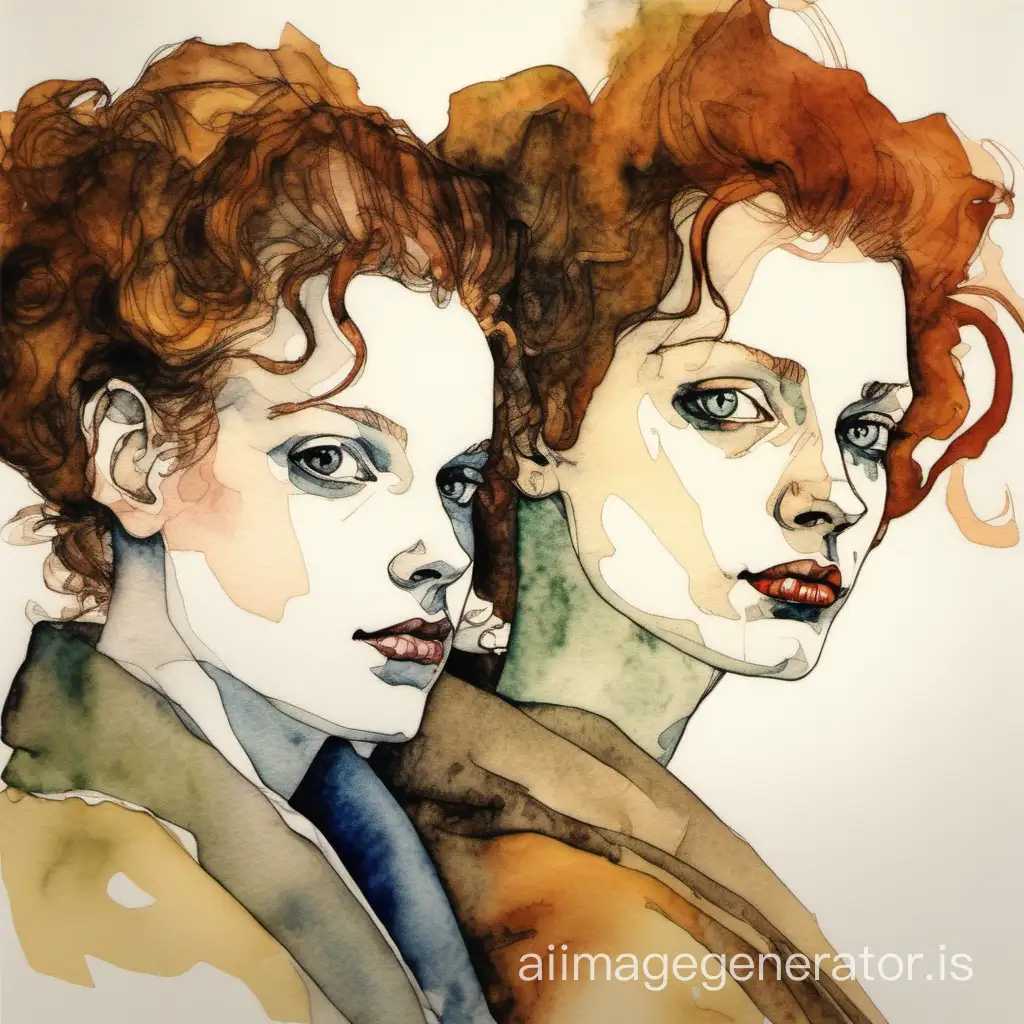
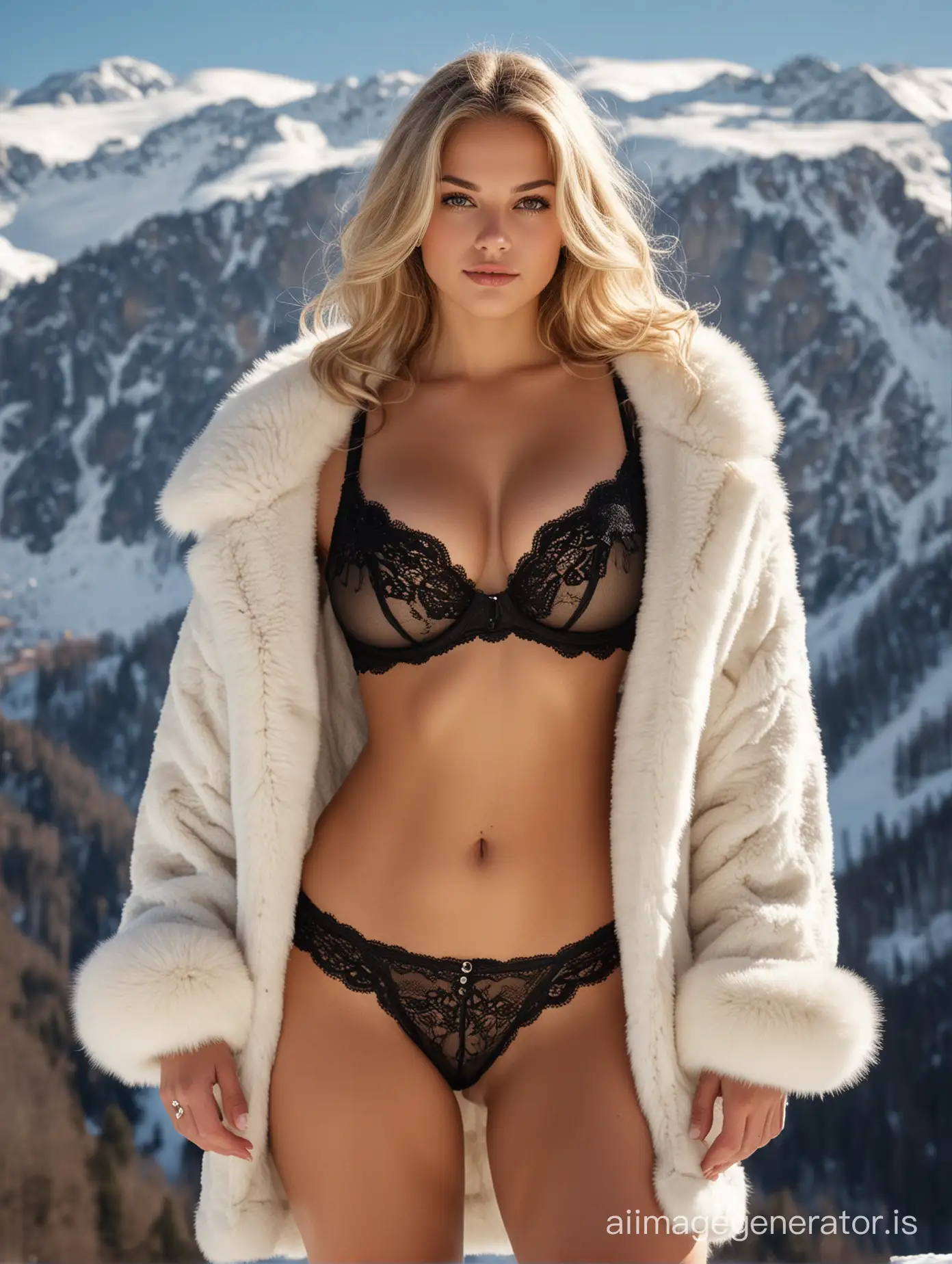
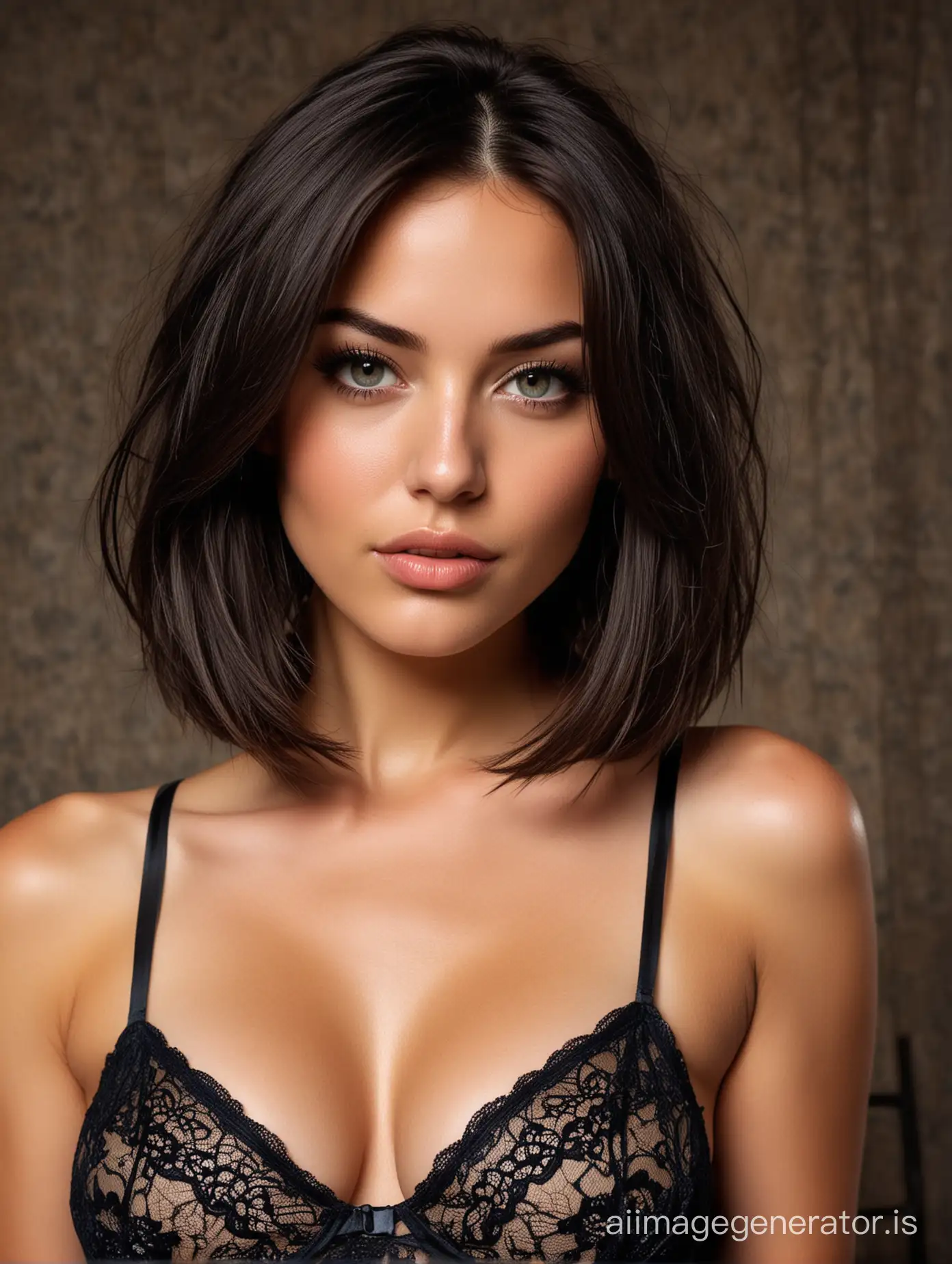

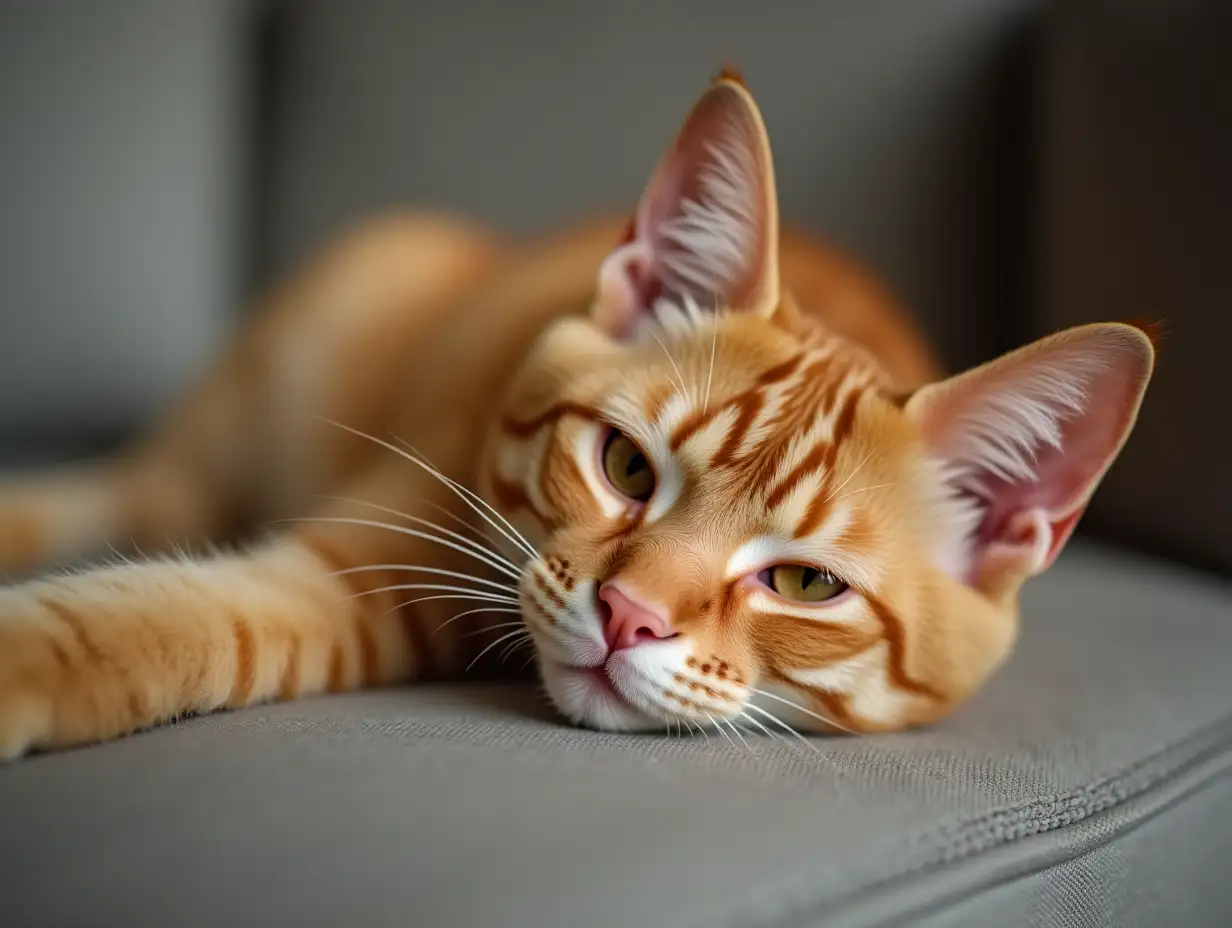

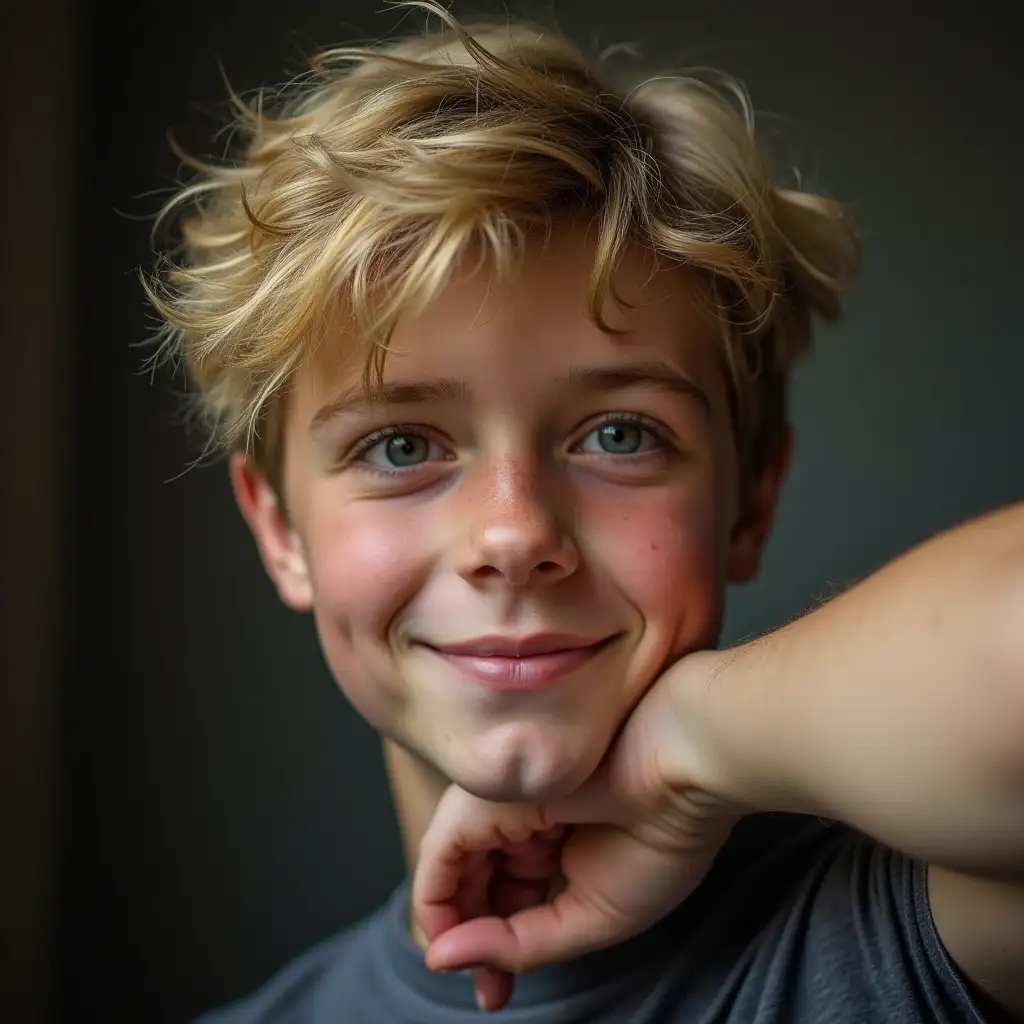
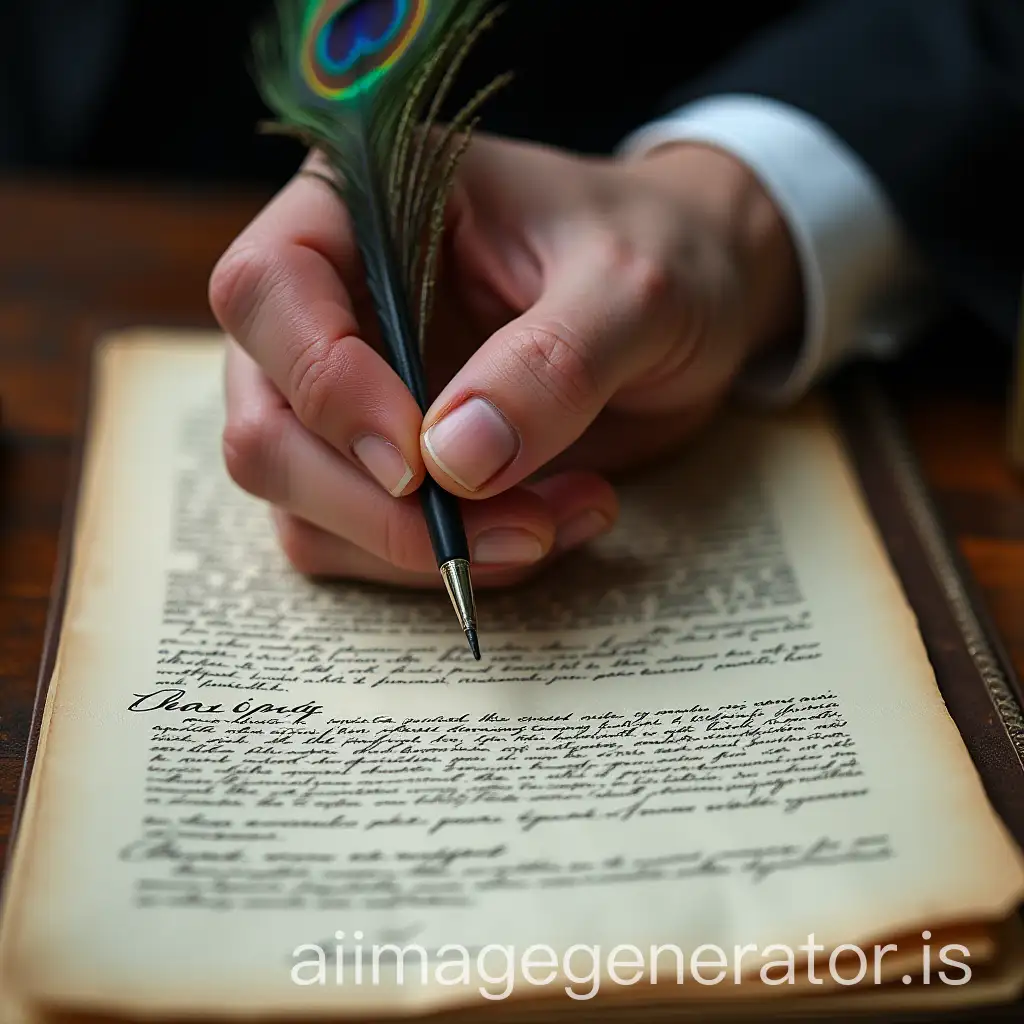
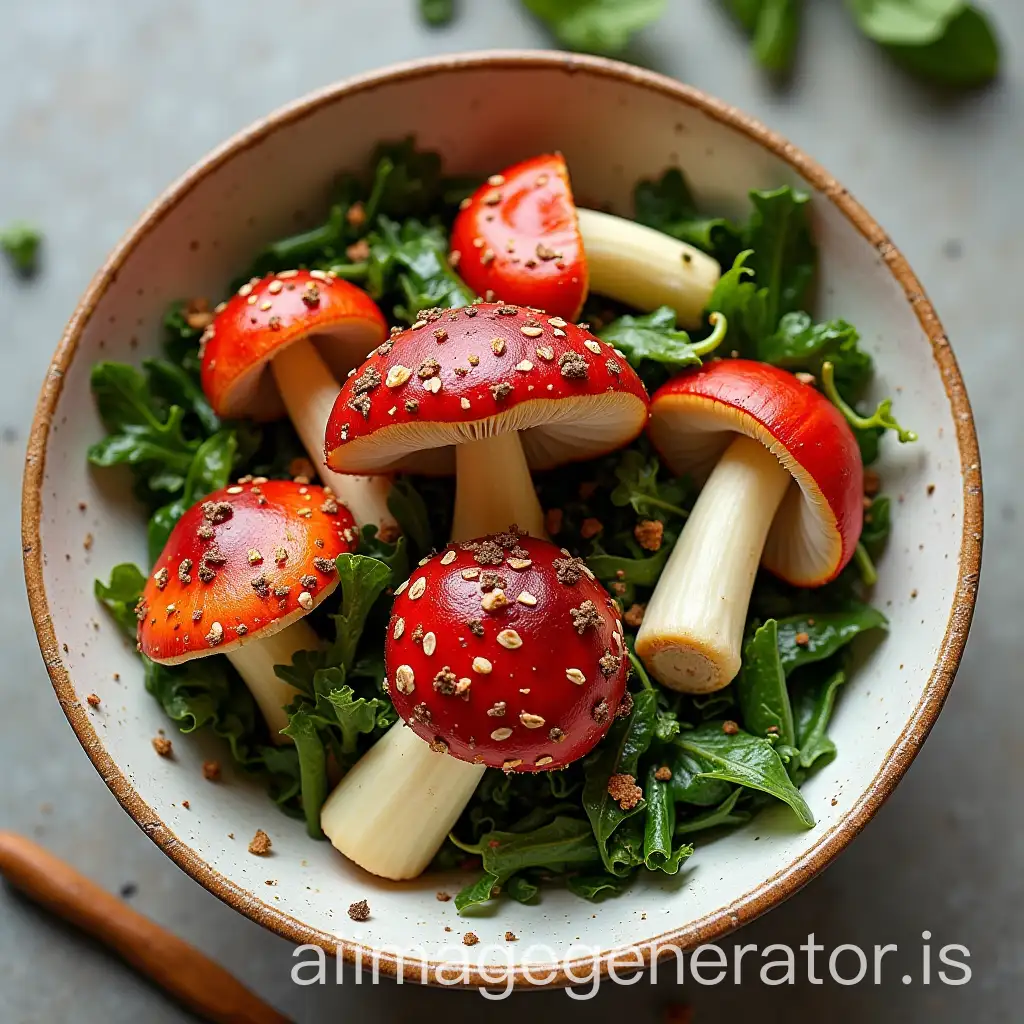
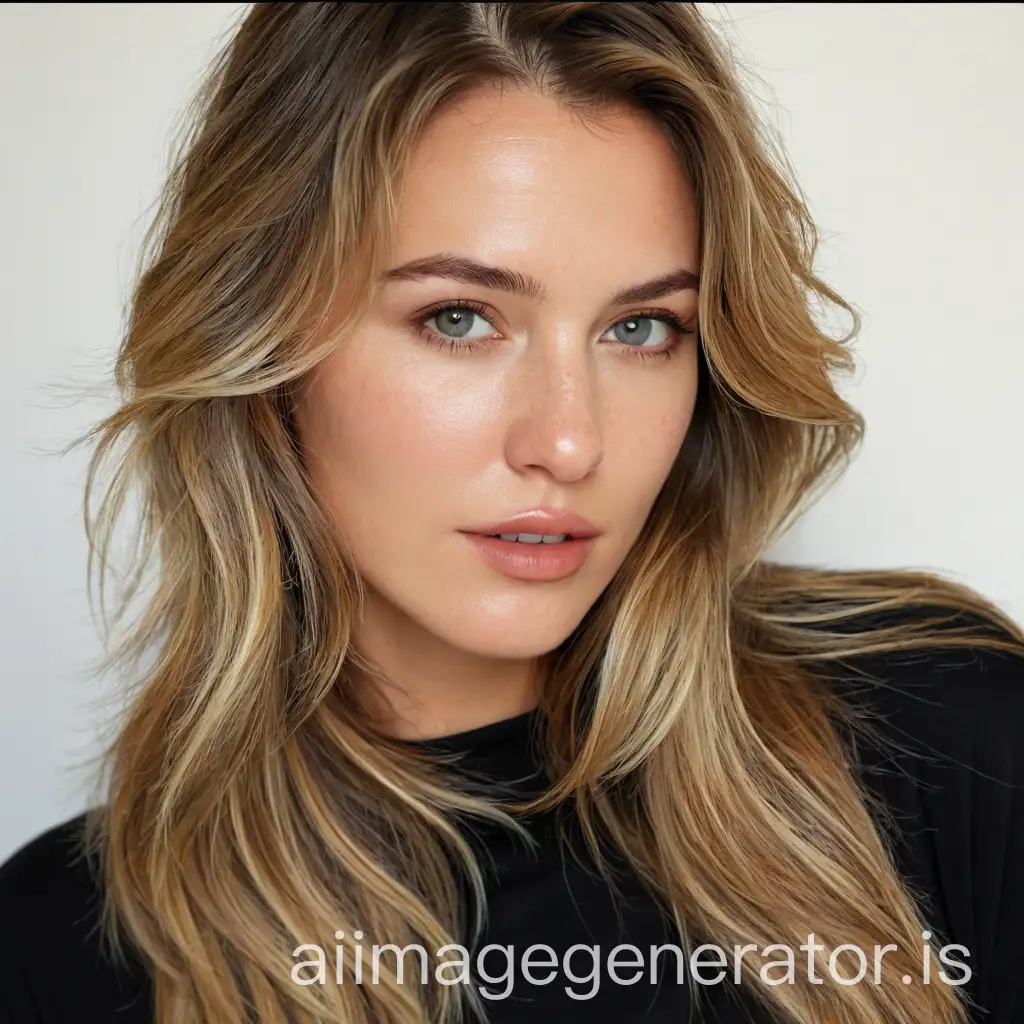
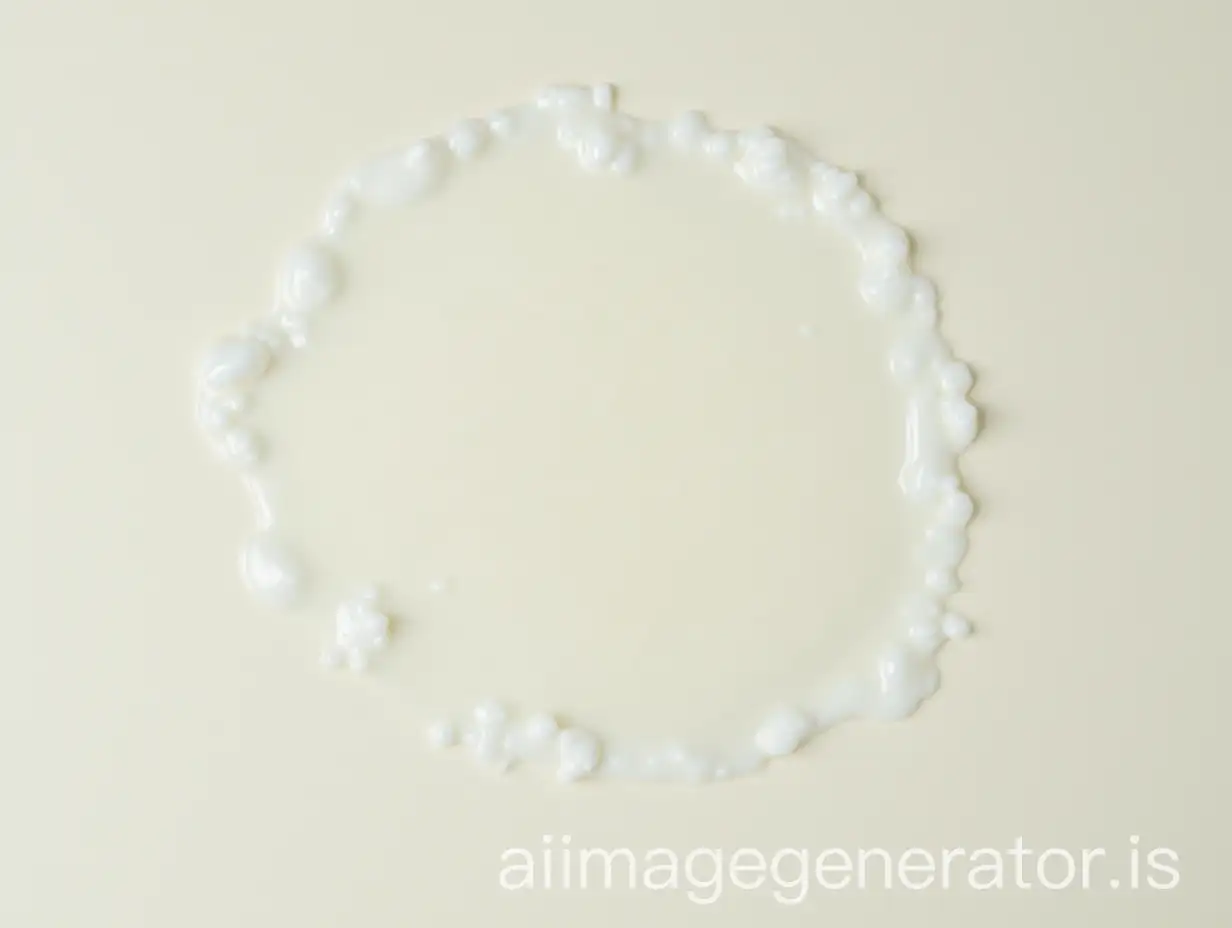

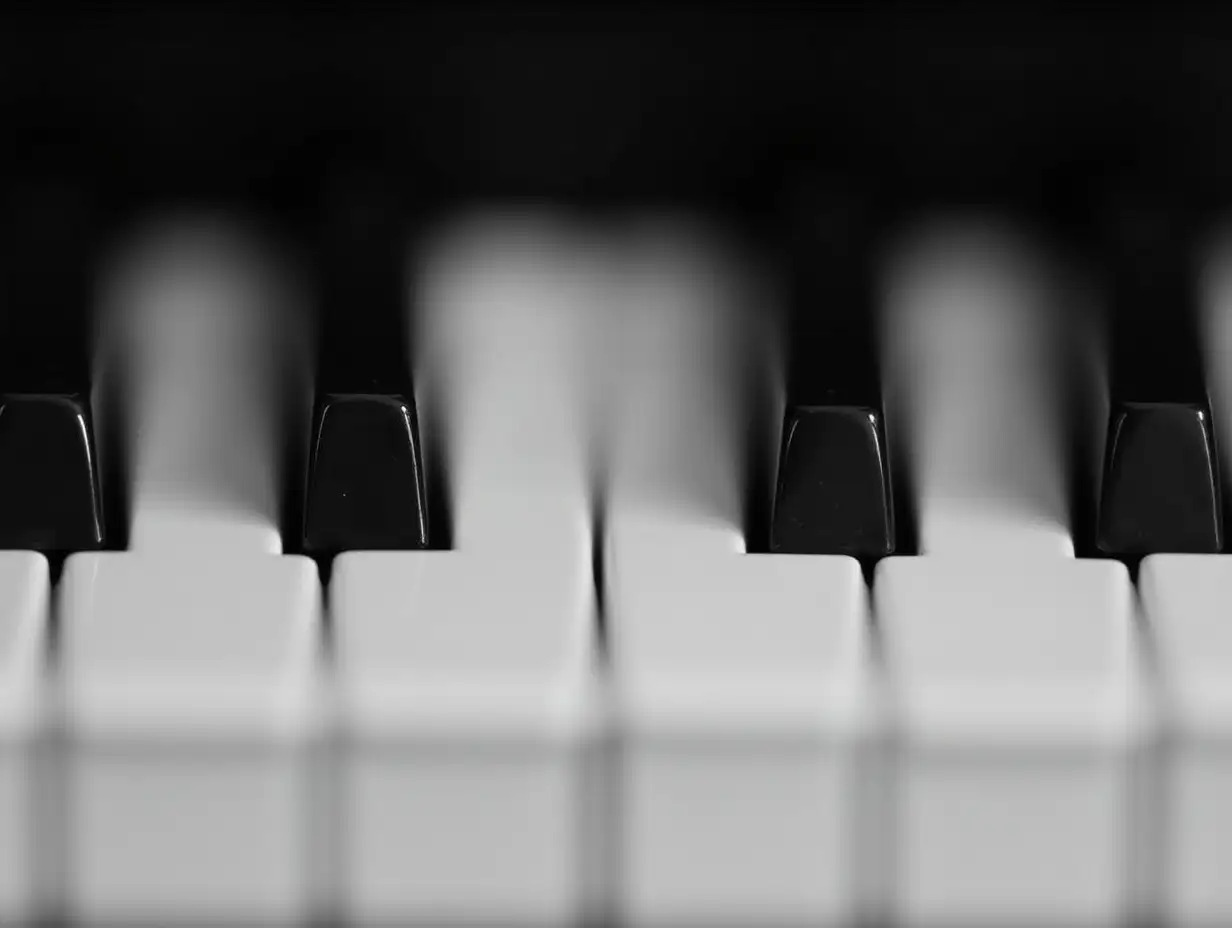

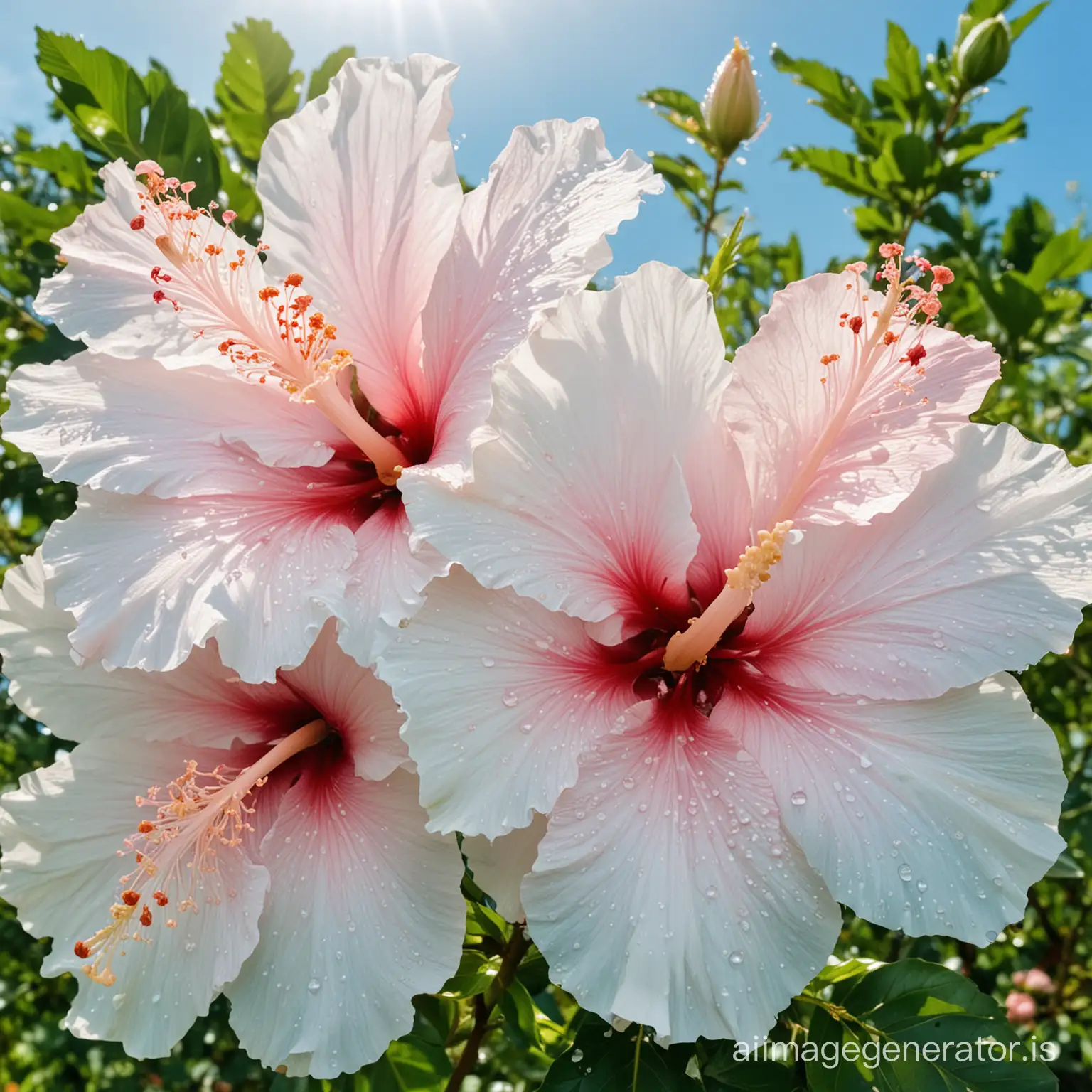
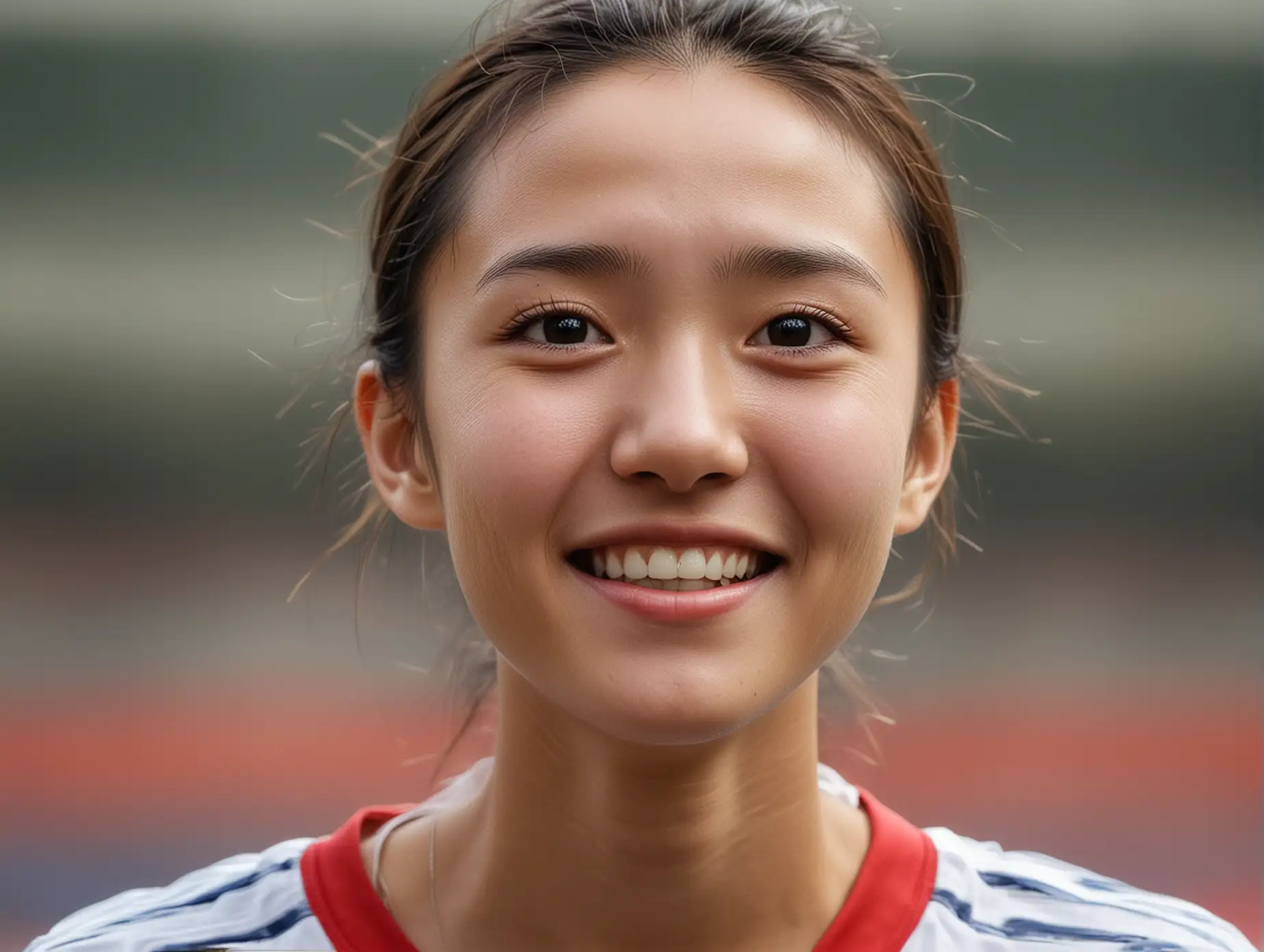
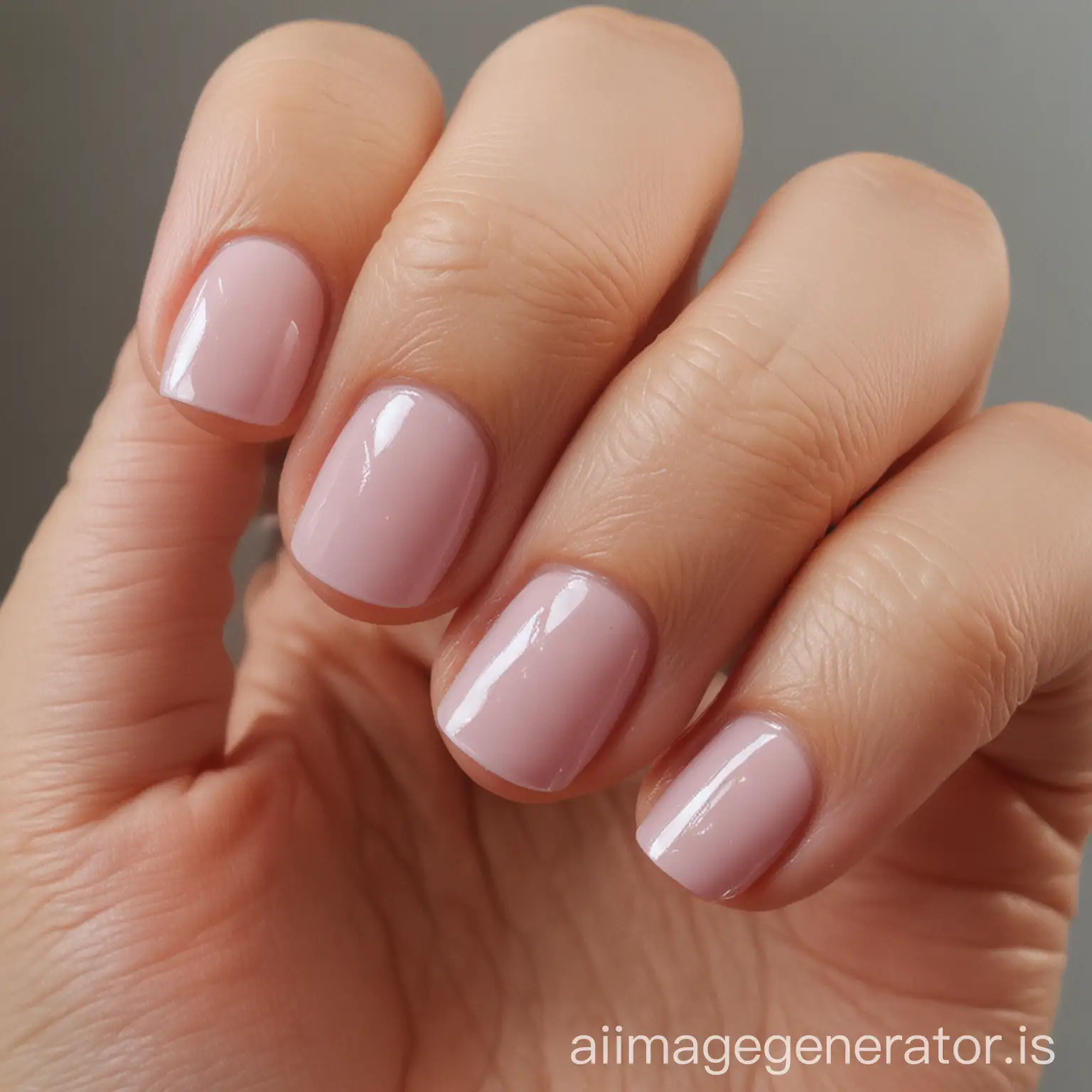

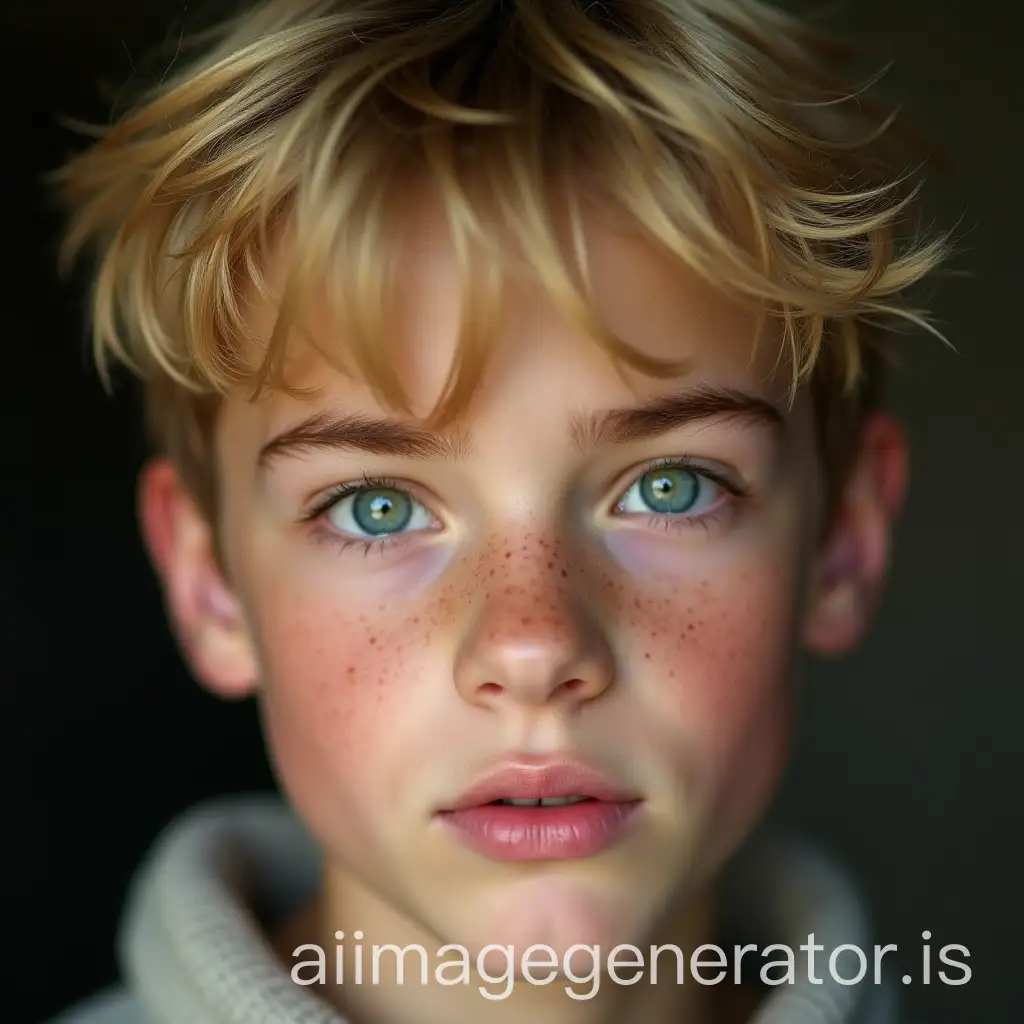
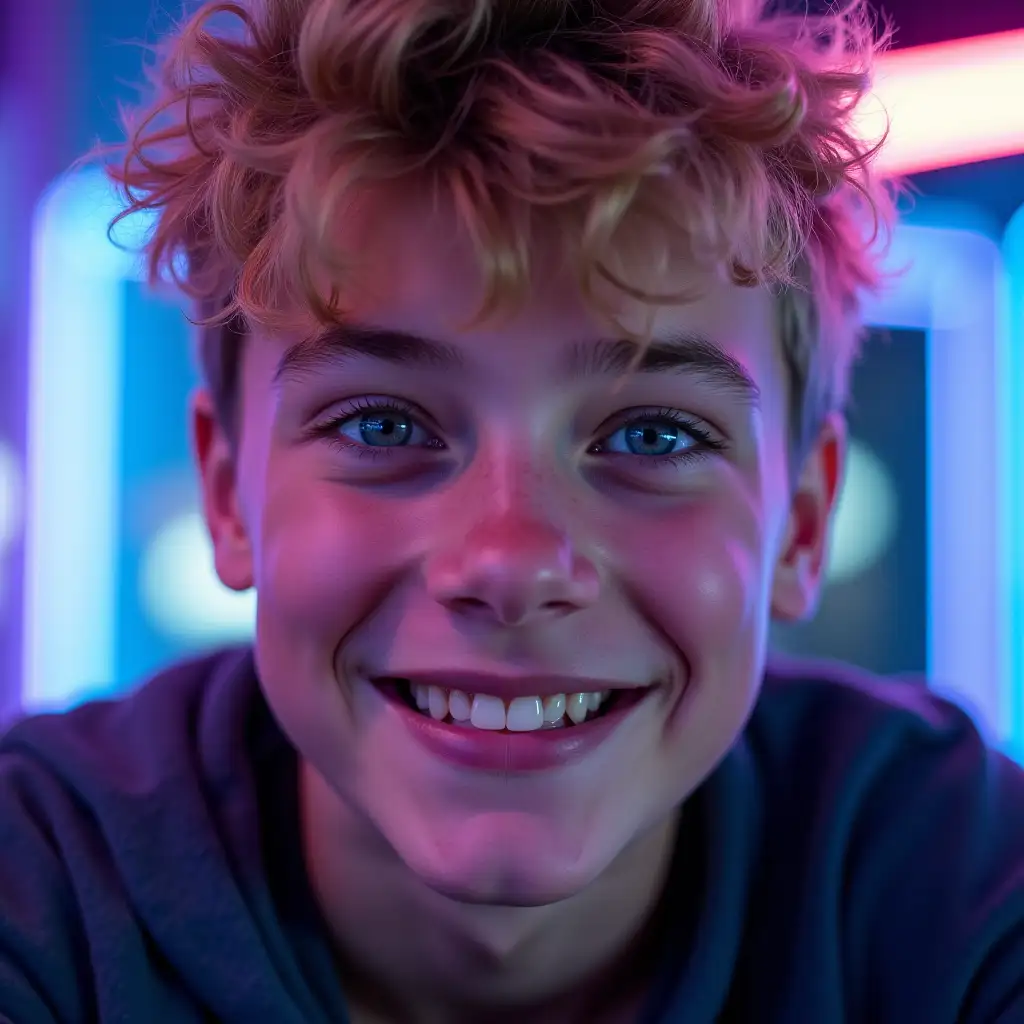
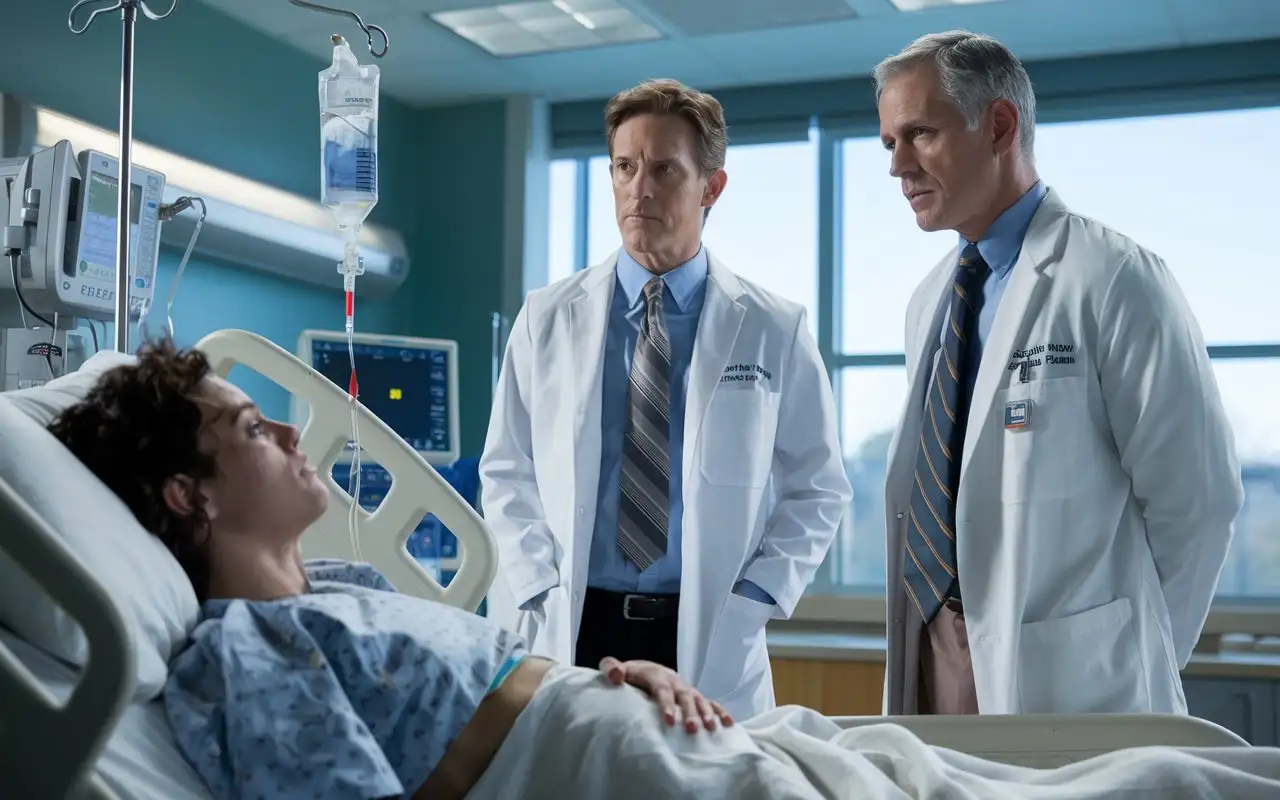
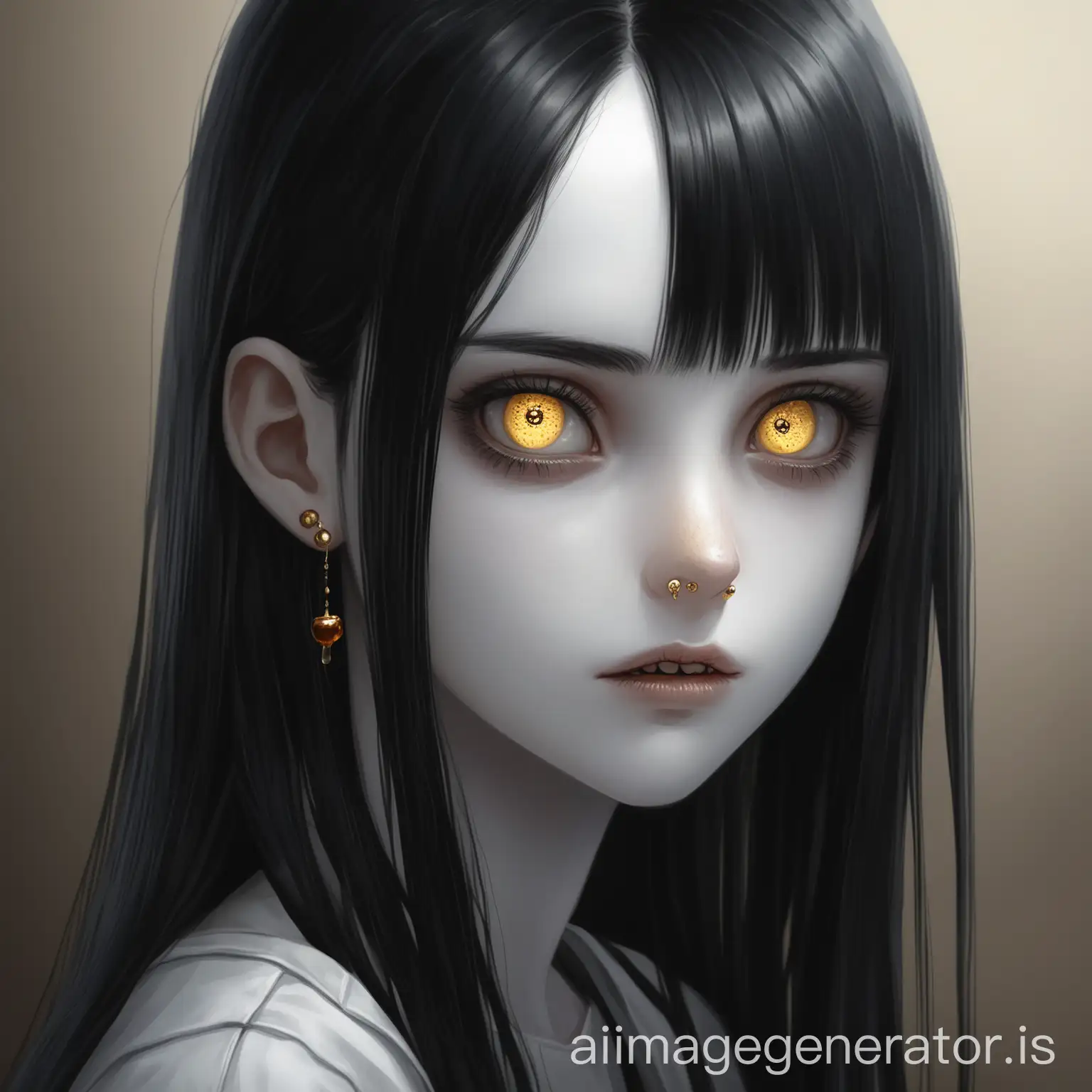
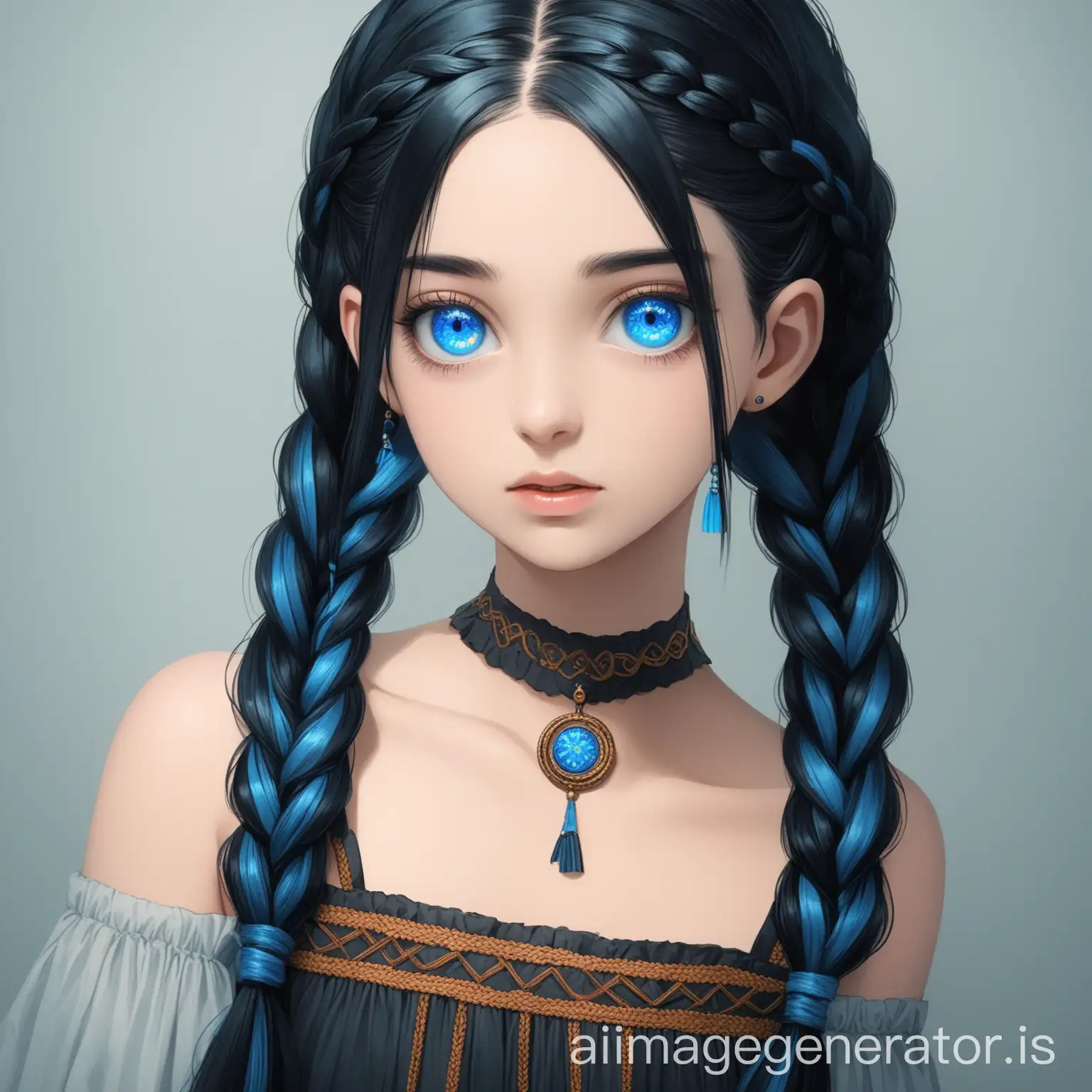

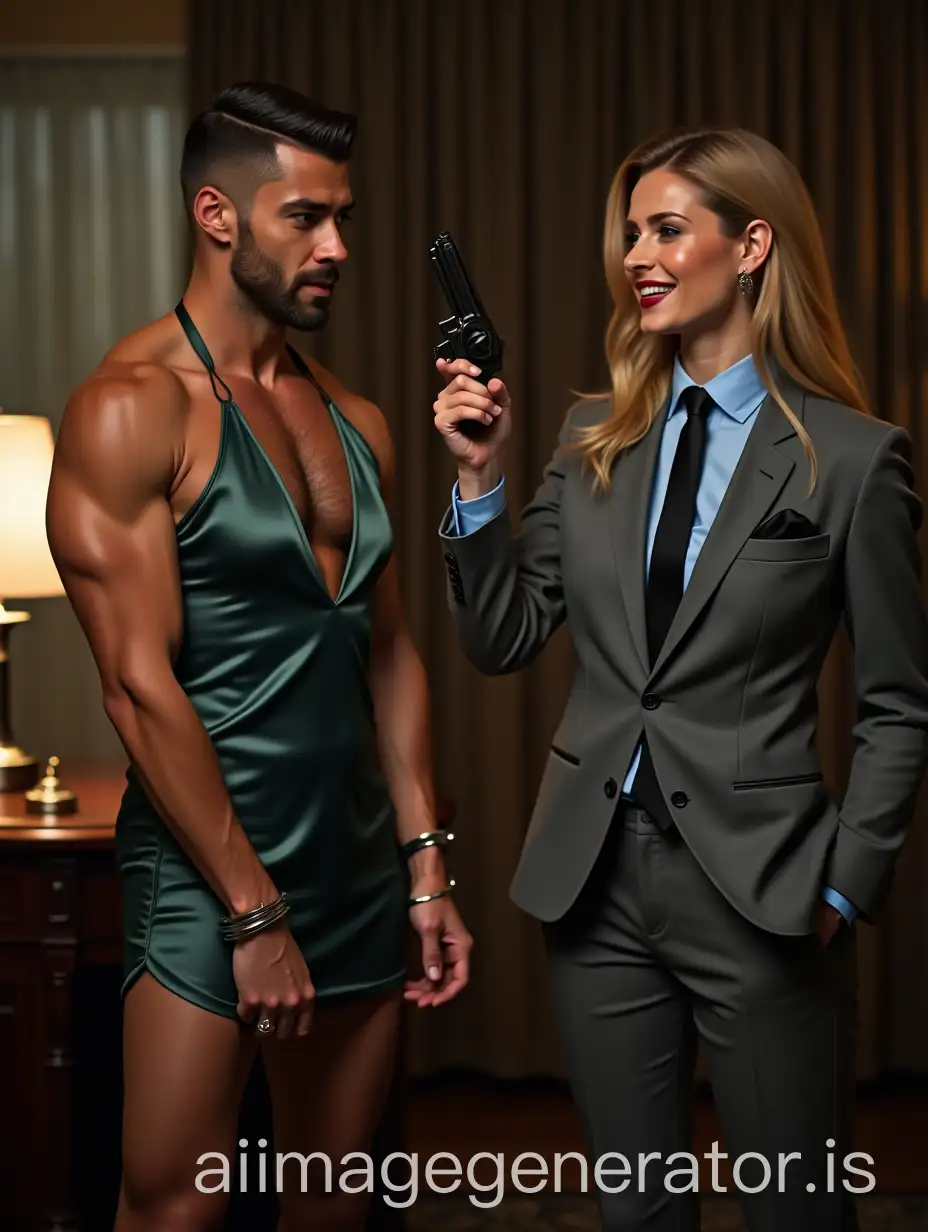
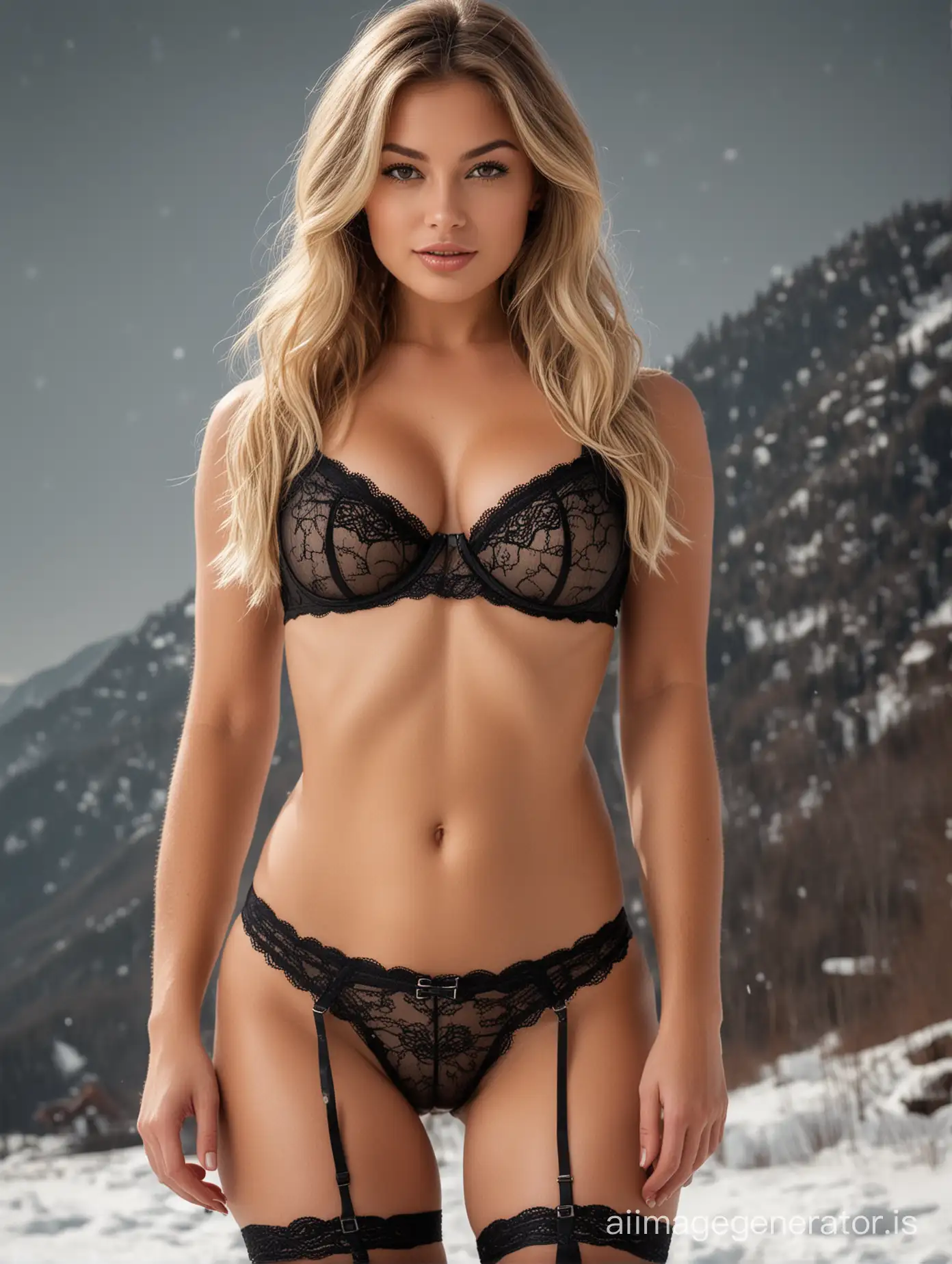

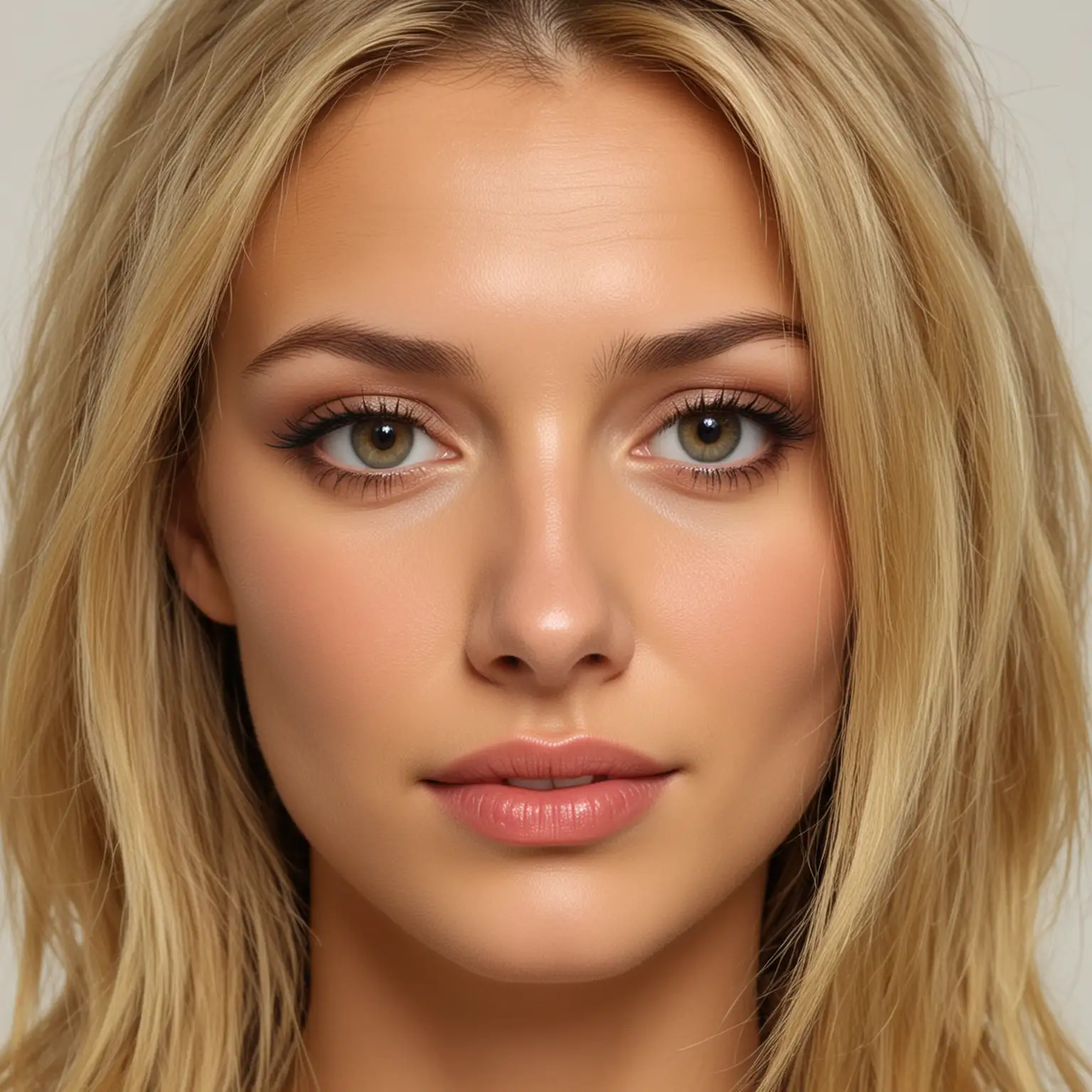
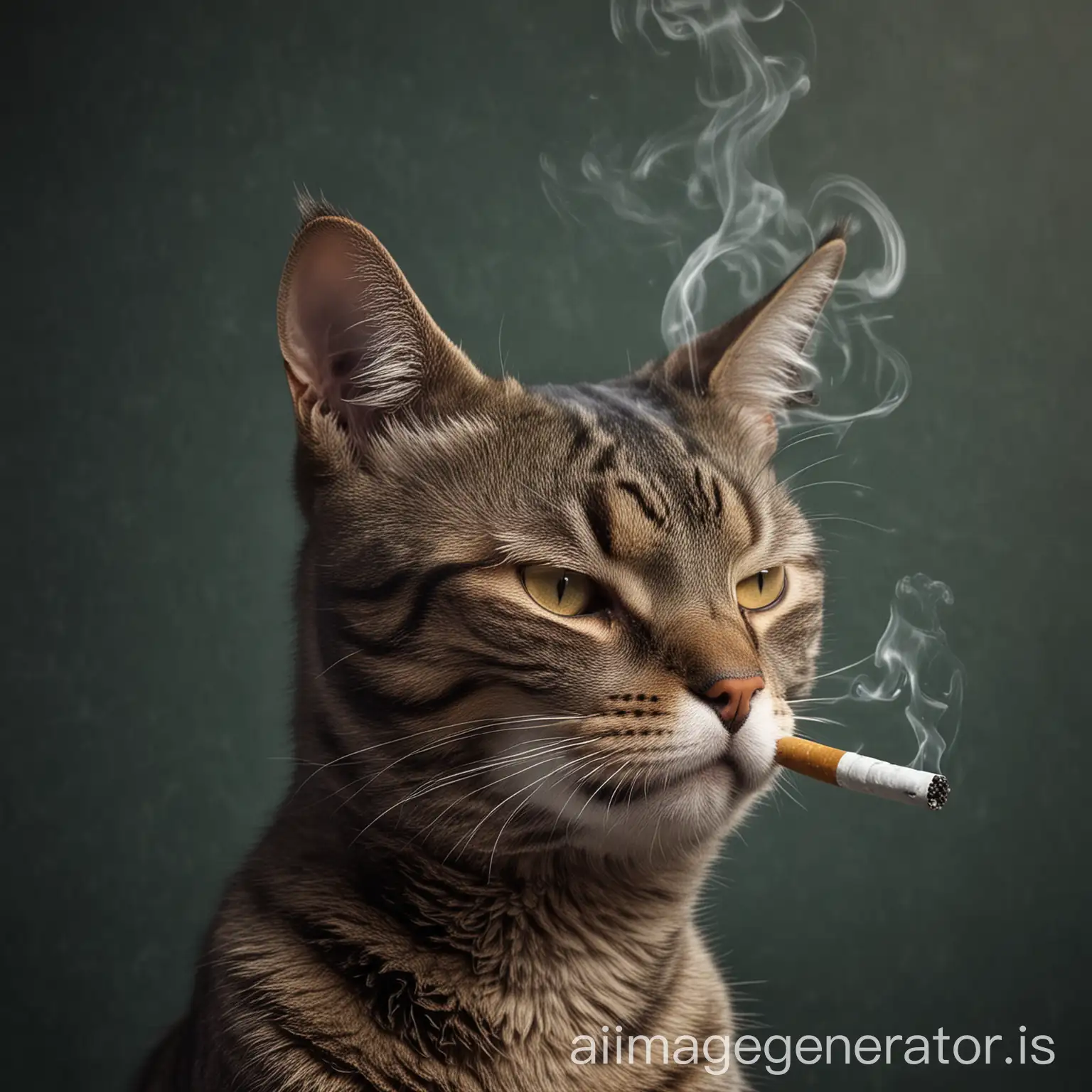

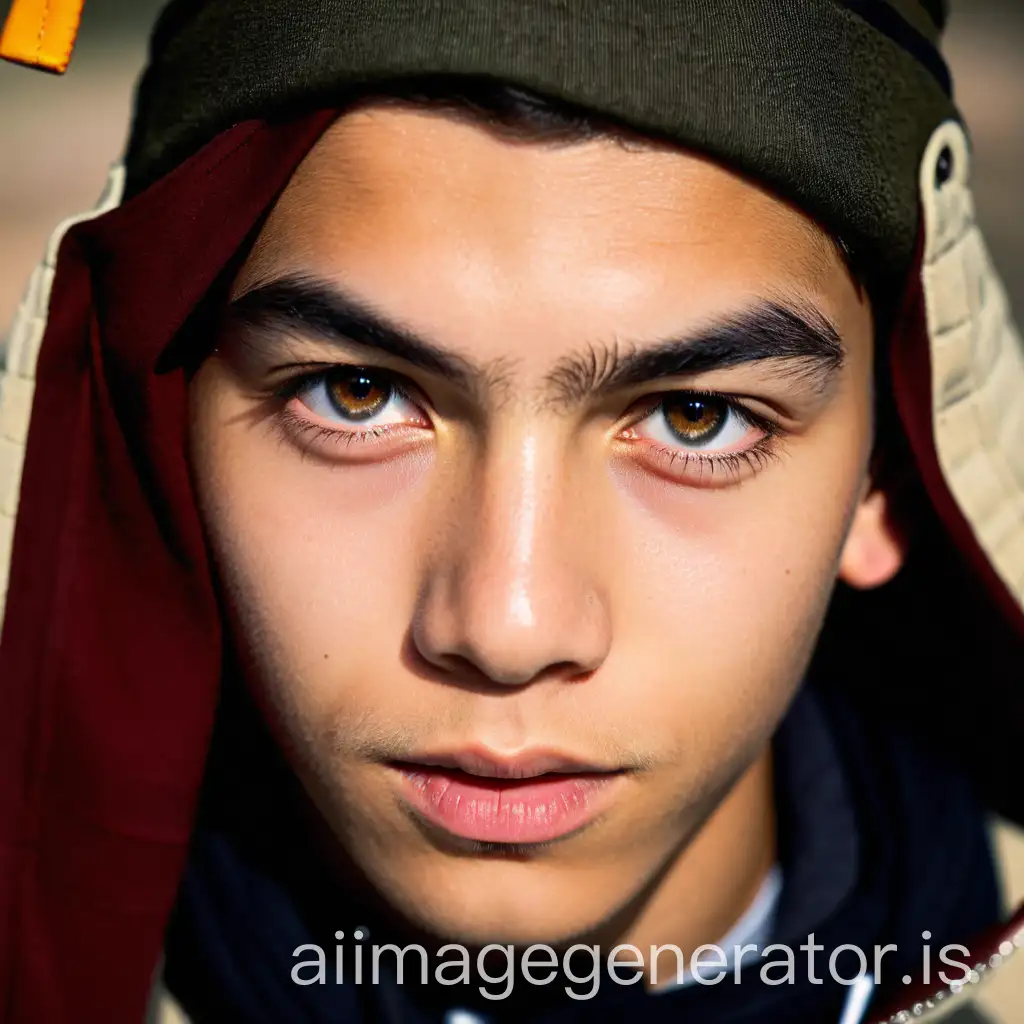
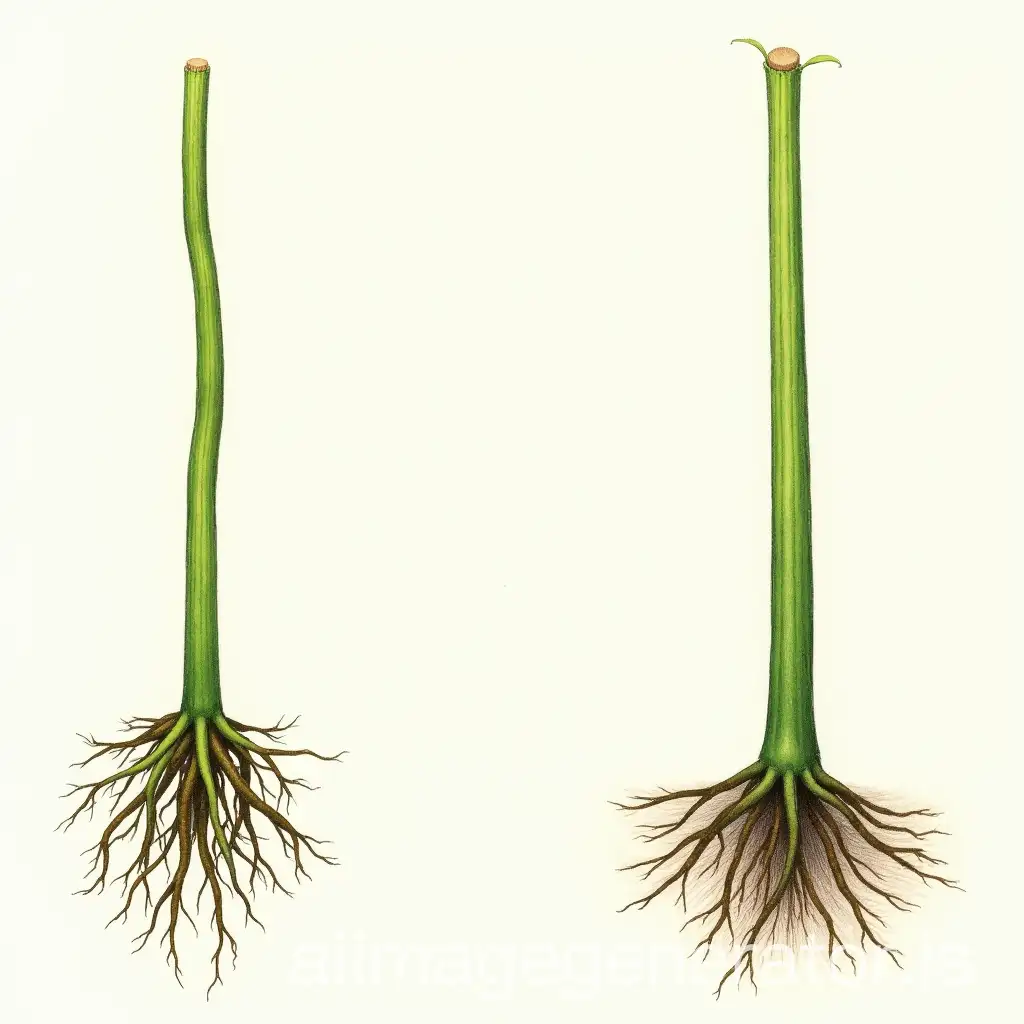
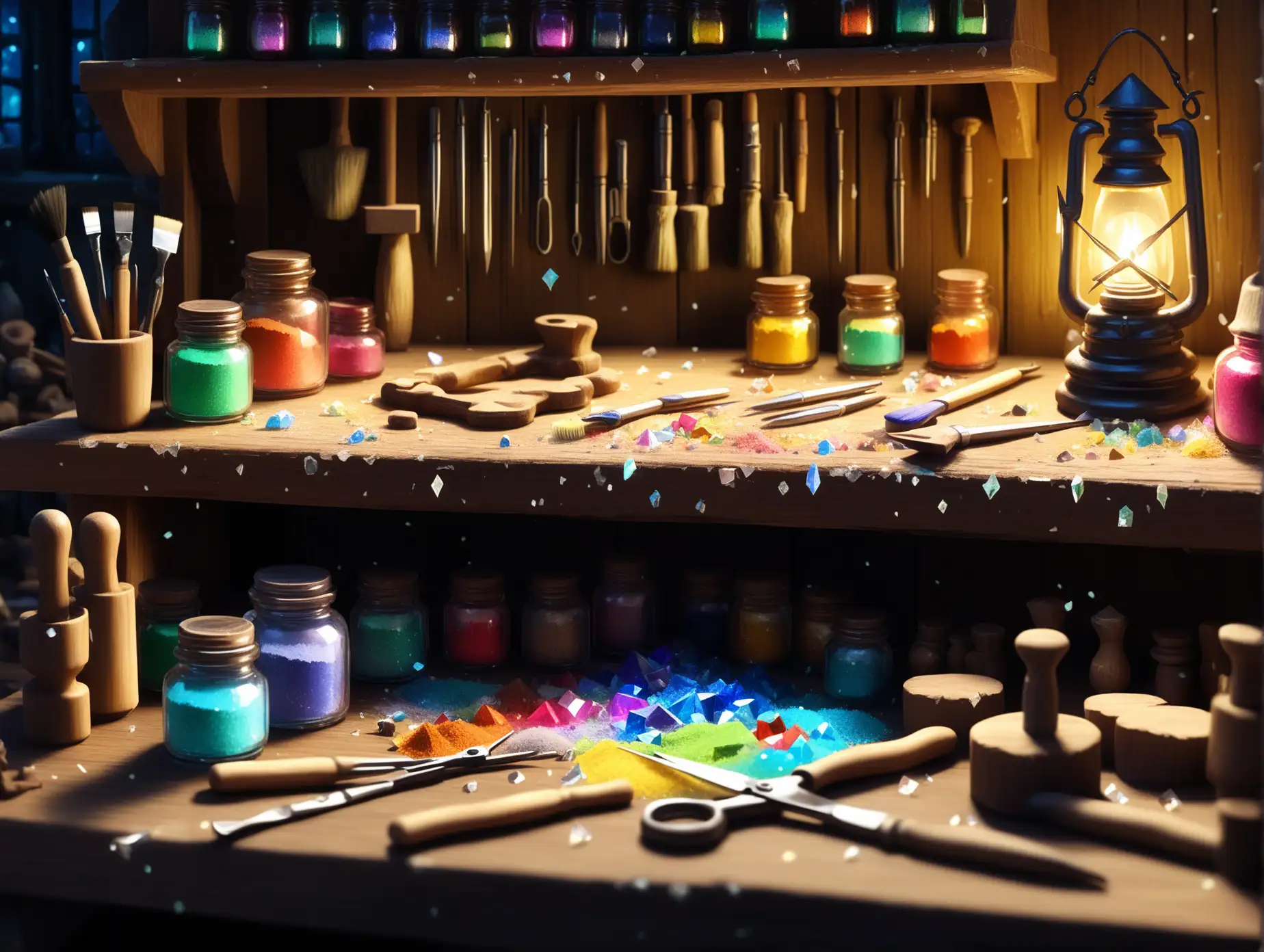
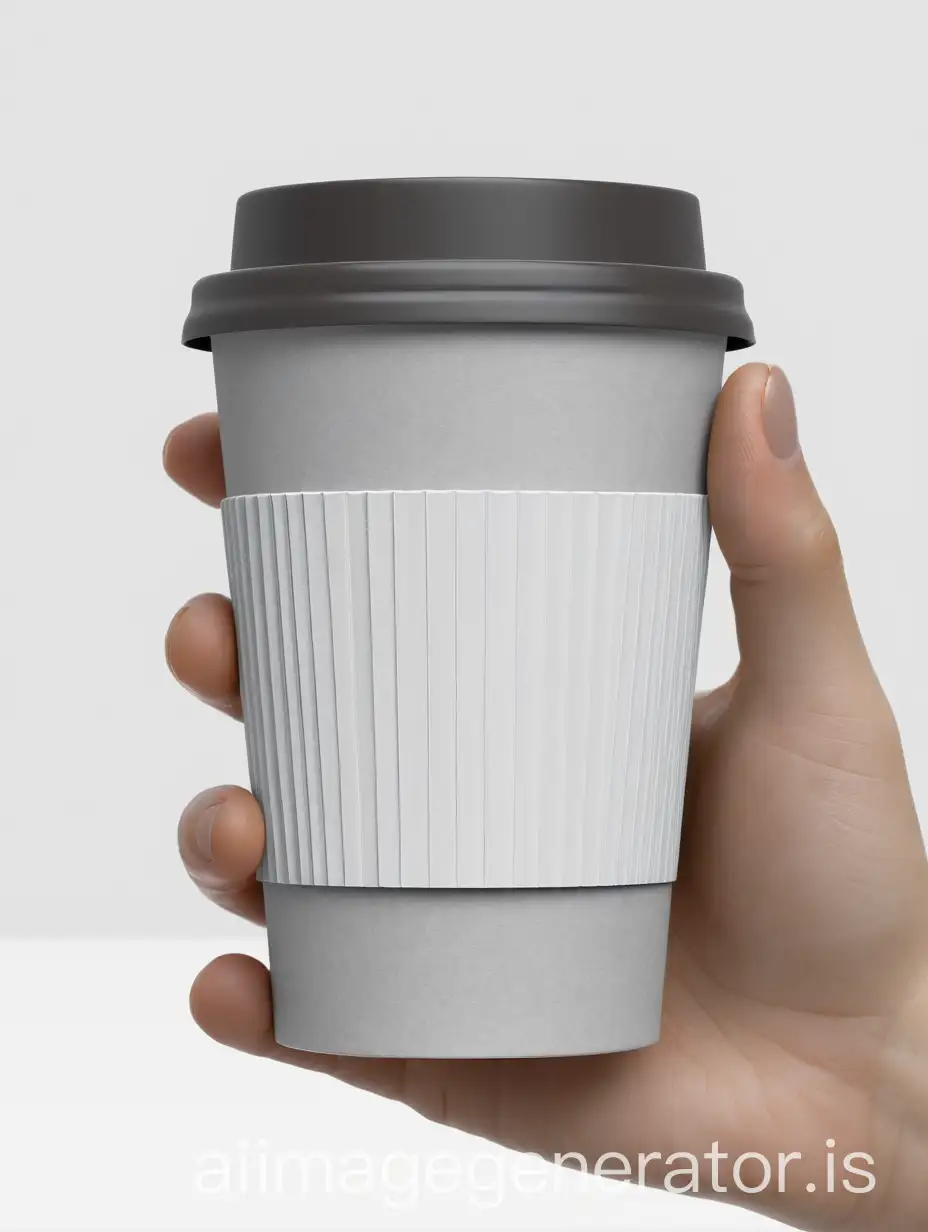
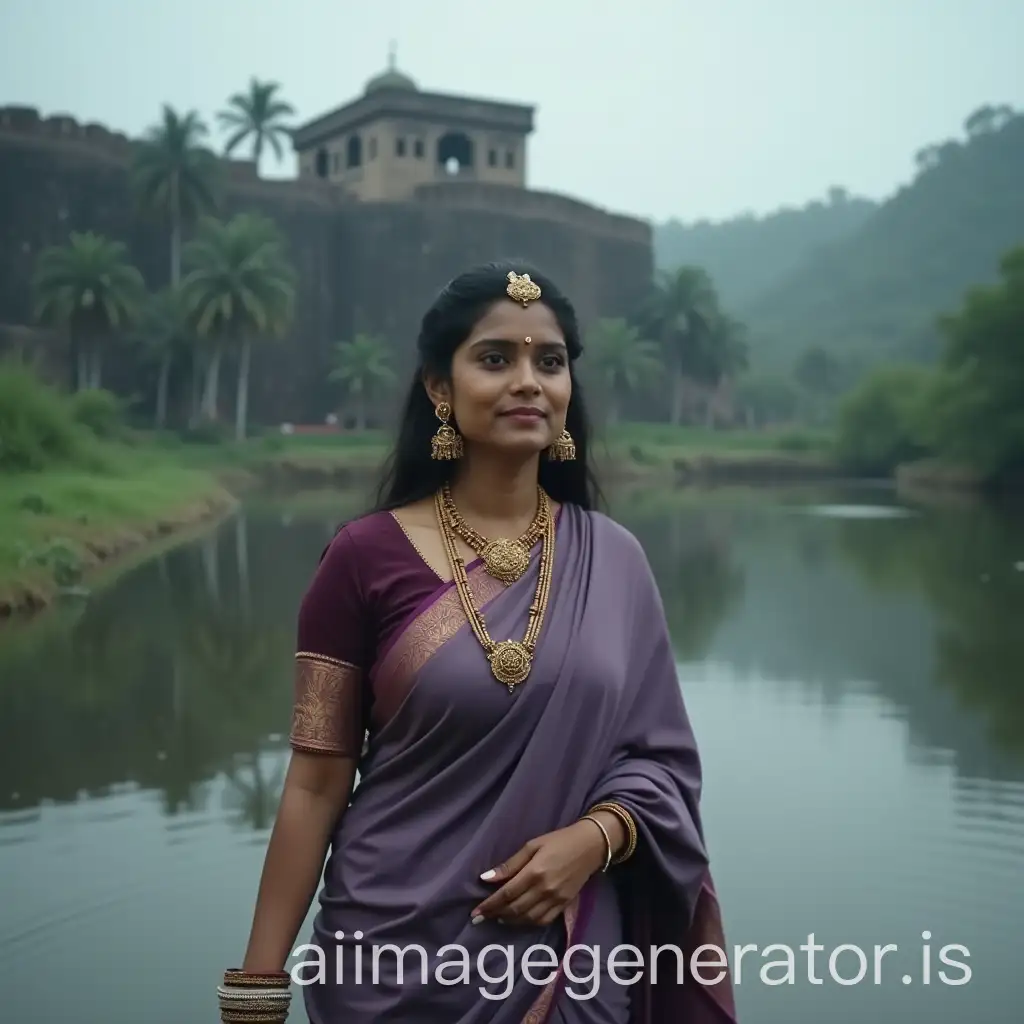
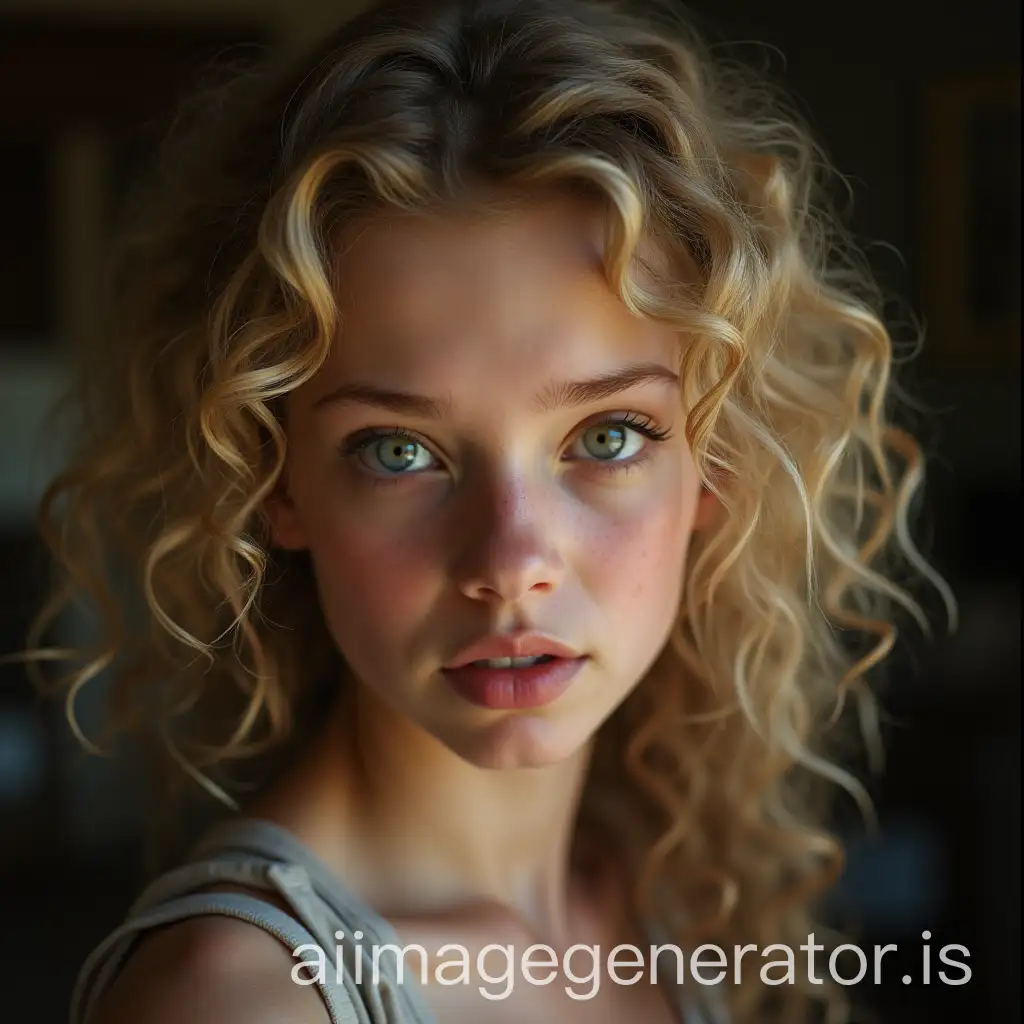
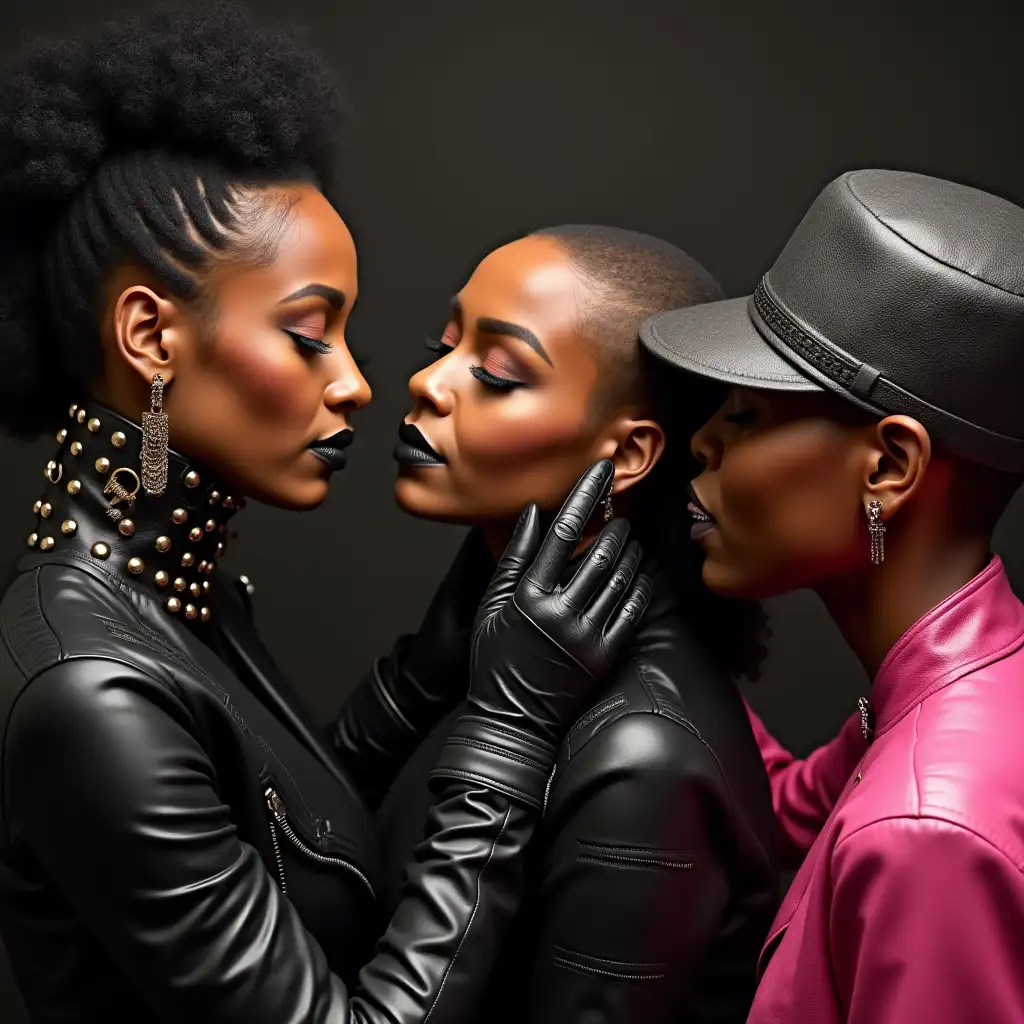
Related Tags
Close-up photography, also known as macro photography, focuses on capturing intricate details of subjects up close. This type of photography magnifies small objects or small areas of larger objects, revealing textures and details that are often overlooked by the naked eye. It is widely used in various fields such as nature photography to capture the delicate patterns on a butterfly's wings or the minute details of a flower. In product photography, close-up shots highlight the fine craftsmanship of jewelry, electronics, and other items.
The Art of Close-Up Photography: An In-Depth Look
Close-up photography is characterized by its ability to capture fine details and textures with clarity and precision. Essential techniques include using a macro lens, which allows photographers to focus at very close distances, and employing proper lighting to highlight the subject's features. Depth of field is also crucial, as a shallow depth of field can isolate the subject from the background, creating a striking image. Photographers often use tripods to stabilize their cameras and avoid motion blur when capturing these highly detailed shots.
Key Characteristics and Techniques in Close-Up Photography
Renowned photographers like Robert Mapplethorpe and Irving Penn have made significant contributions to the field of close-up photography. Mapplethorpe's floral studies showcase the intricate beauty of flowers, turning them into sculptural forms. Irving Penn's still-life compositions, which include close-ups of everyday objects, elevate the mundane to the extraordinary. These artists have pushed the boundaries of close-up photography, inspiring others to explore the world of macro photography and appreciate the beauty in the small details.
Influential Photographers and Their Contributions to Close-Up Photography
The future of close-up photography is being shaped by advancements in technology and creative experimentation. Developments in camera sensors and lens technology are making it easier to capture high-resolution macro images. Additionally, AI and machine learning are playing a significant role in enhancing image processing, allowing for better noise reduction and detail enhancement. As these technologies continue to evolve, we can expect even more stunning and detailed close-up photographs that push the limits of what we can see and capture.
Future Trends and Innovations in Close-Up Photography